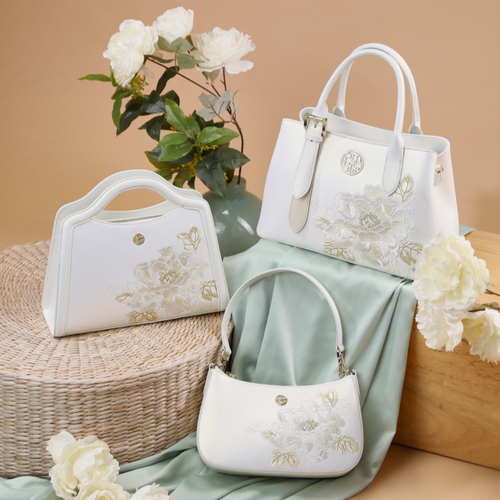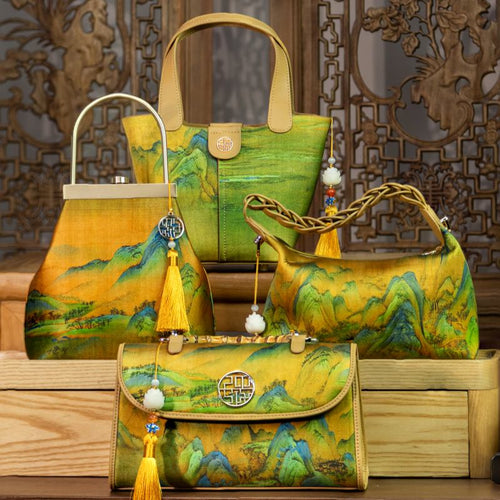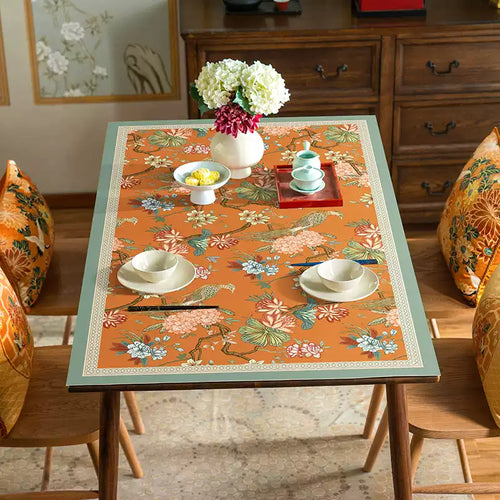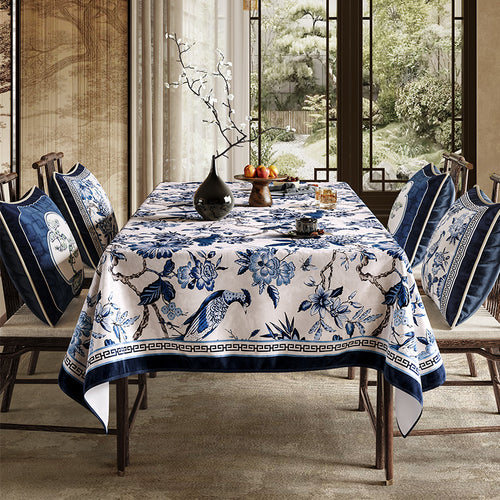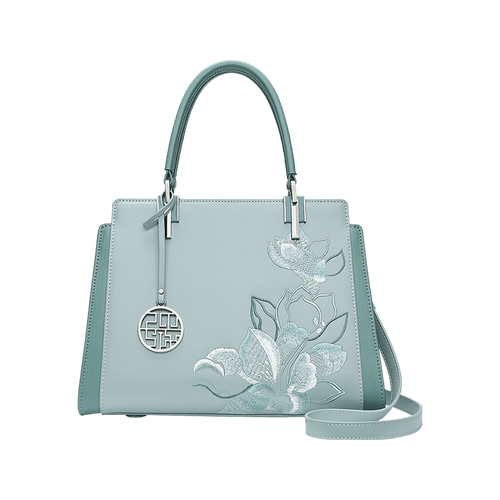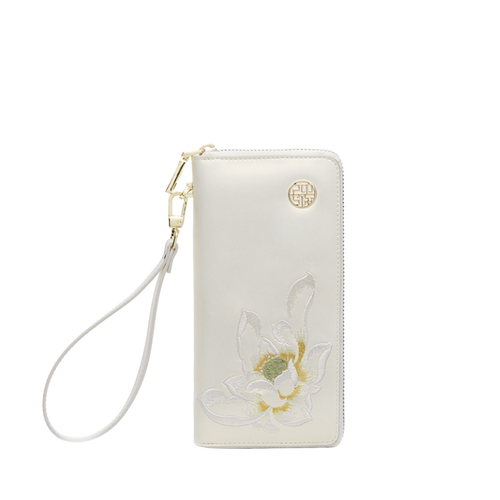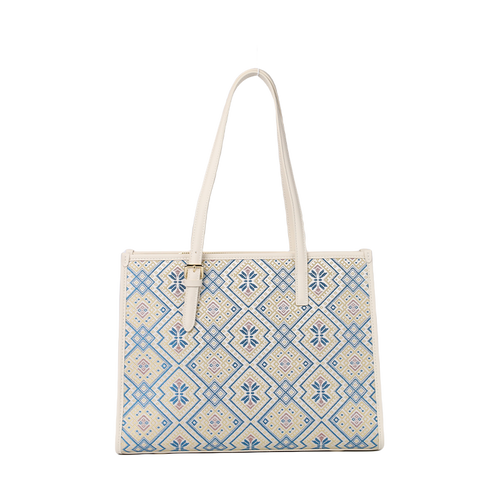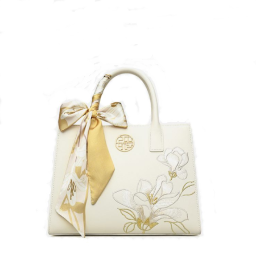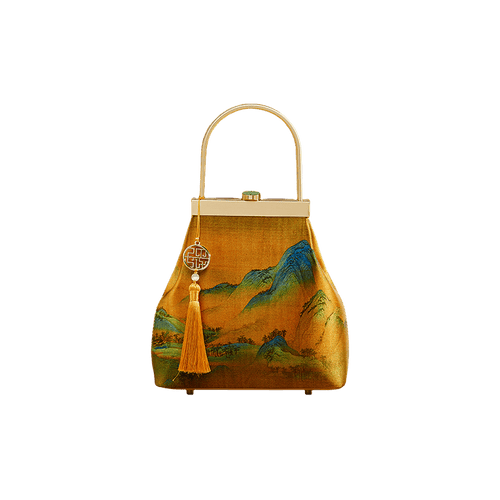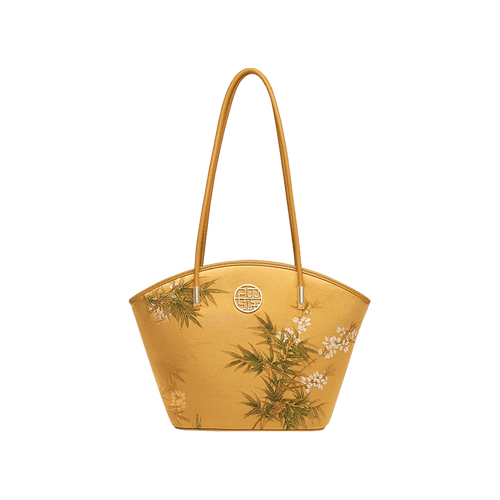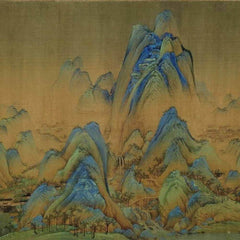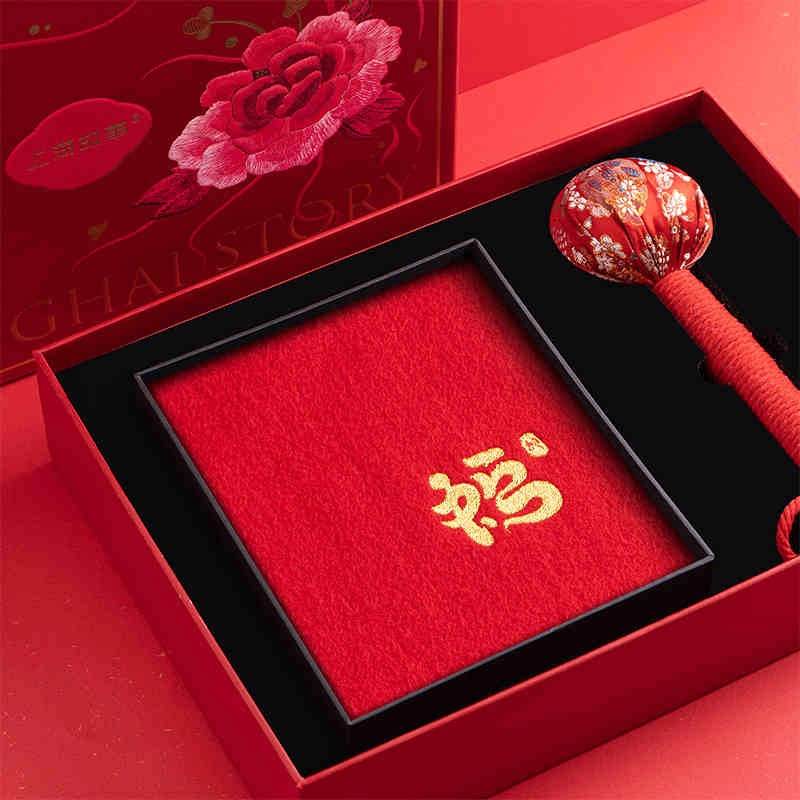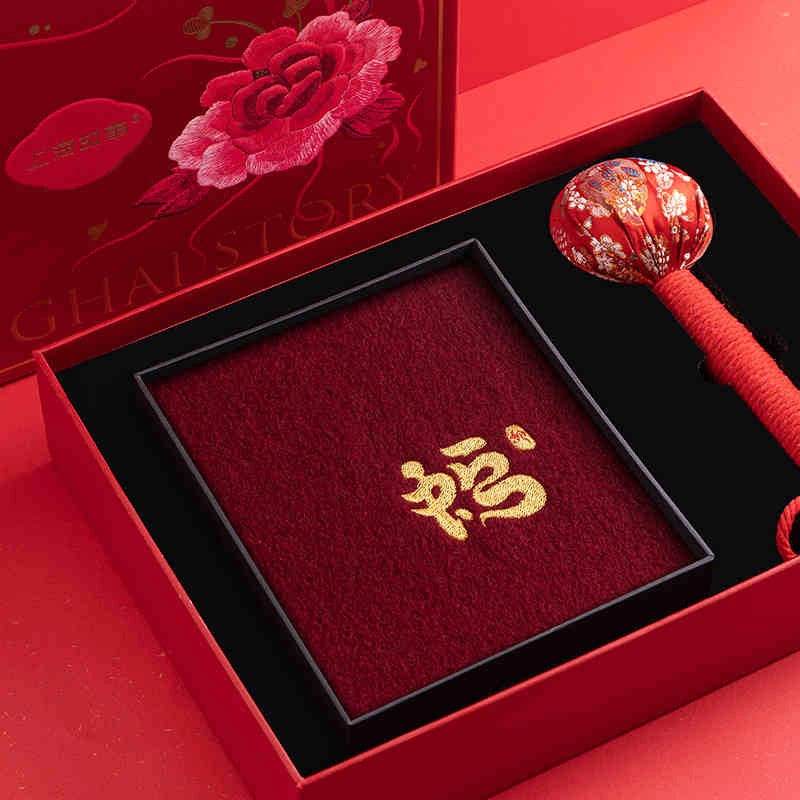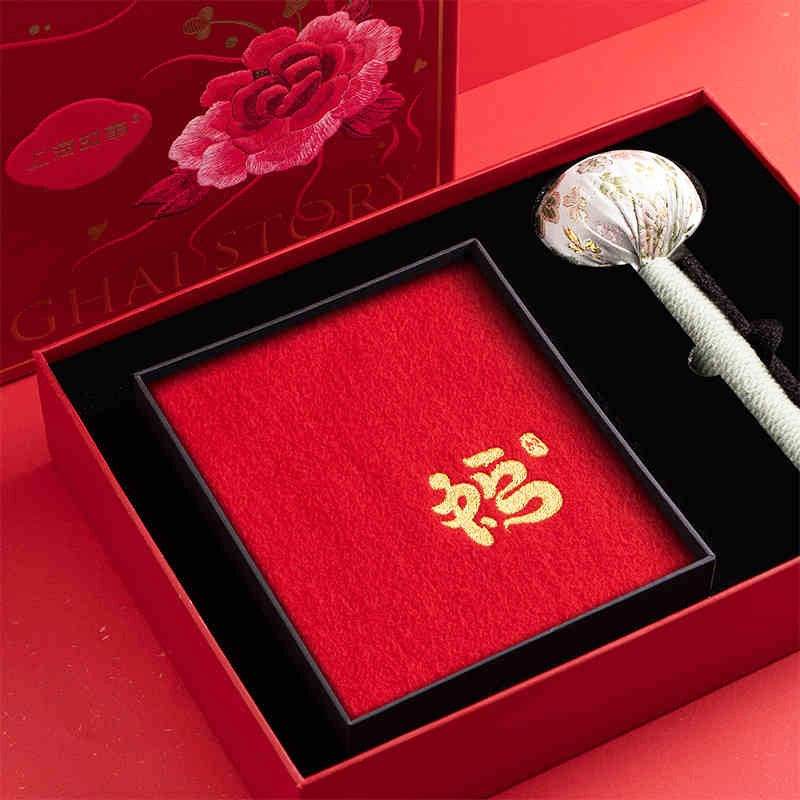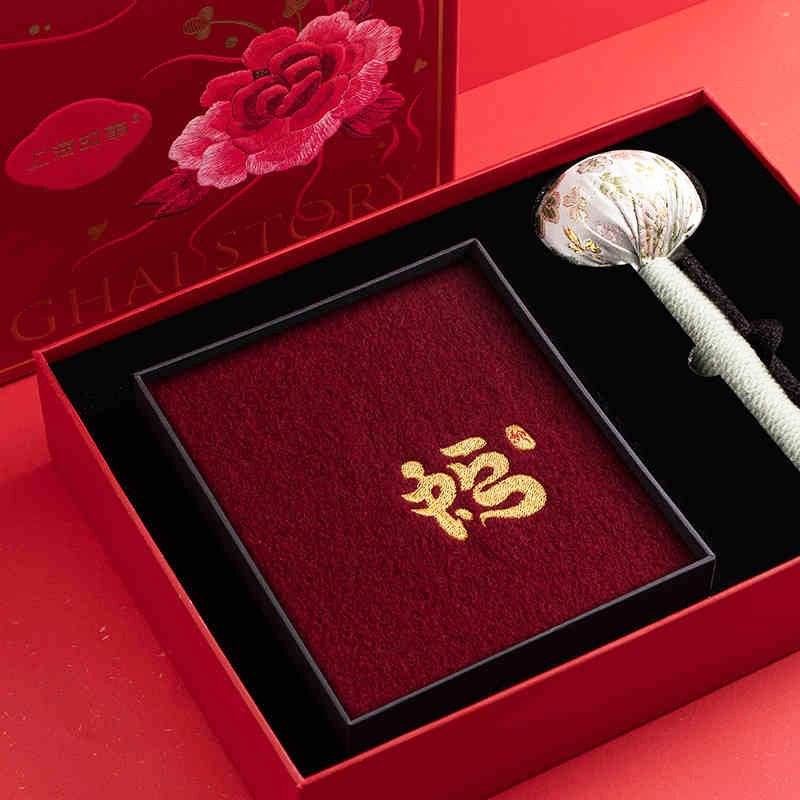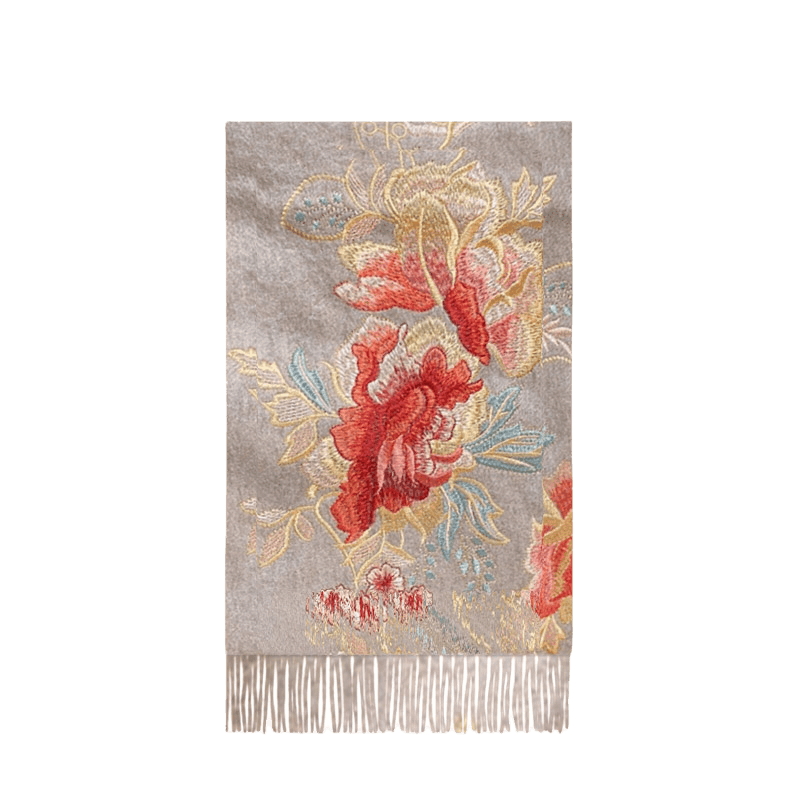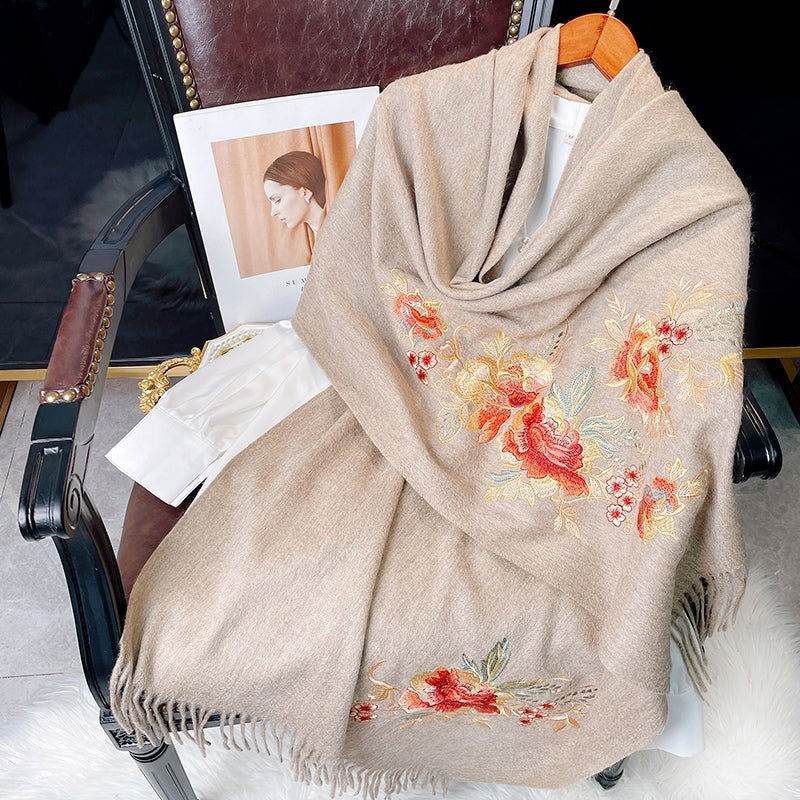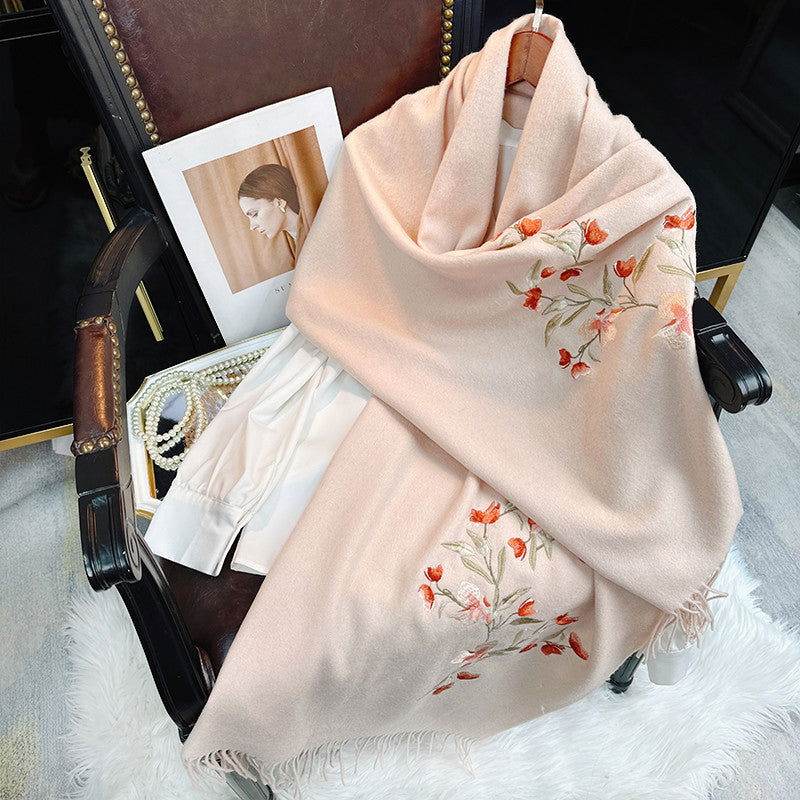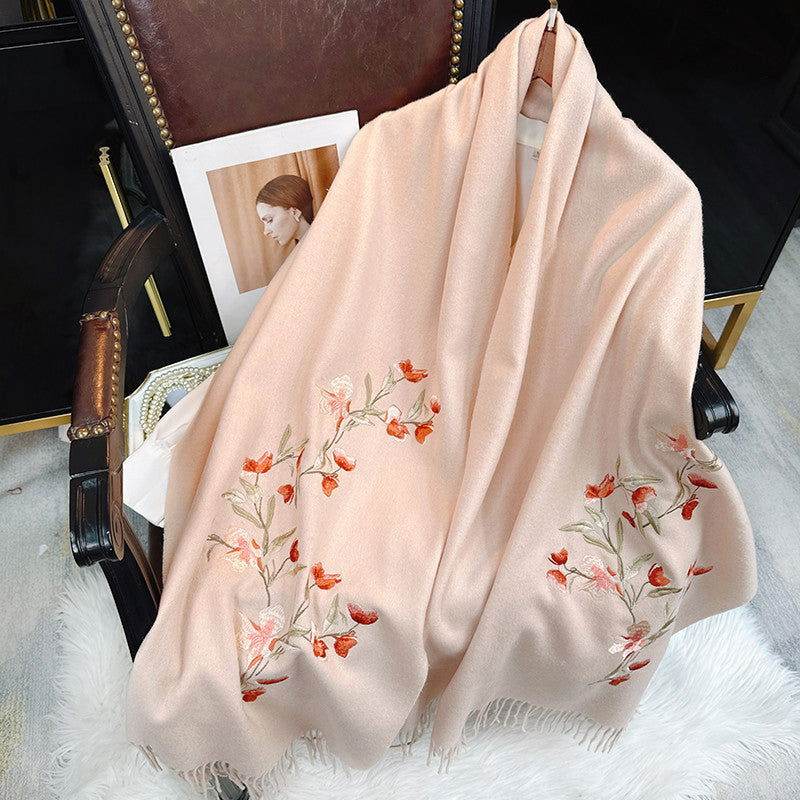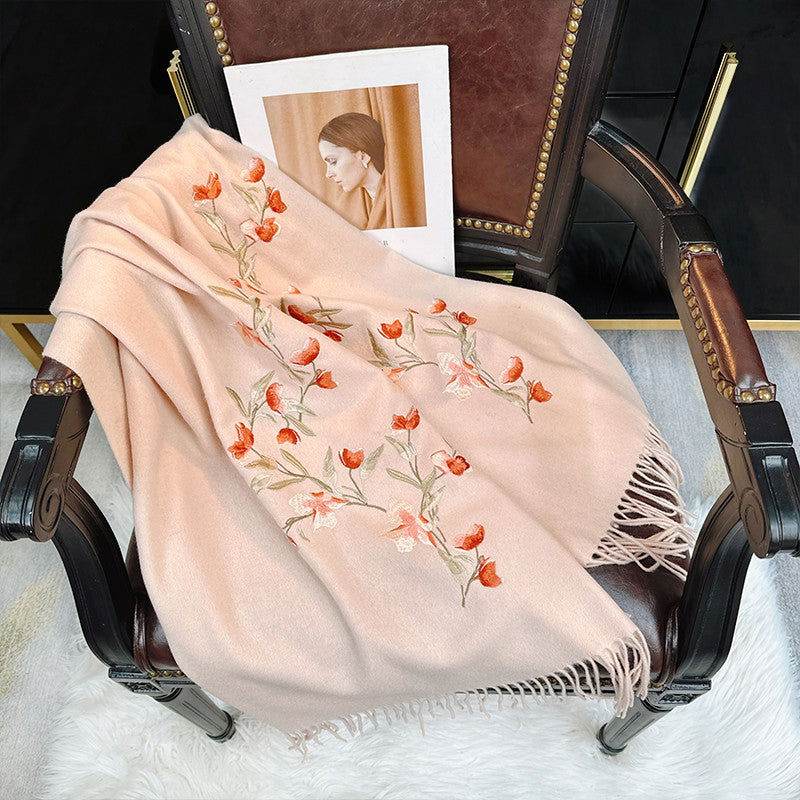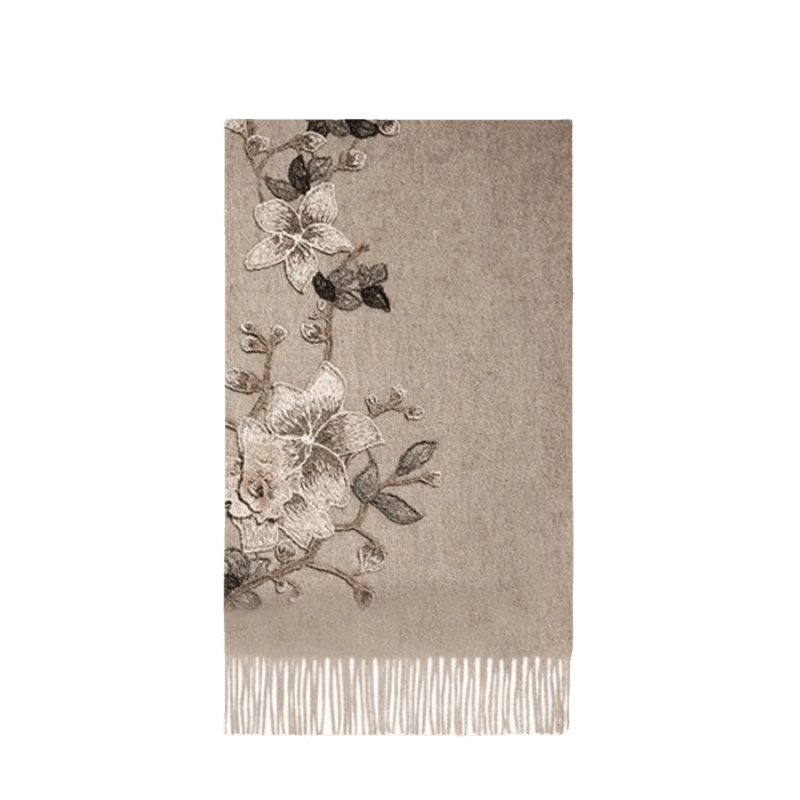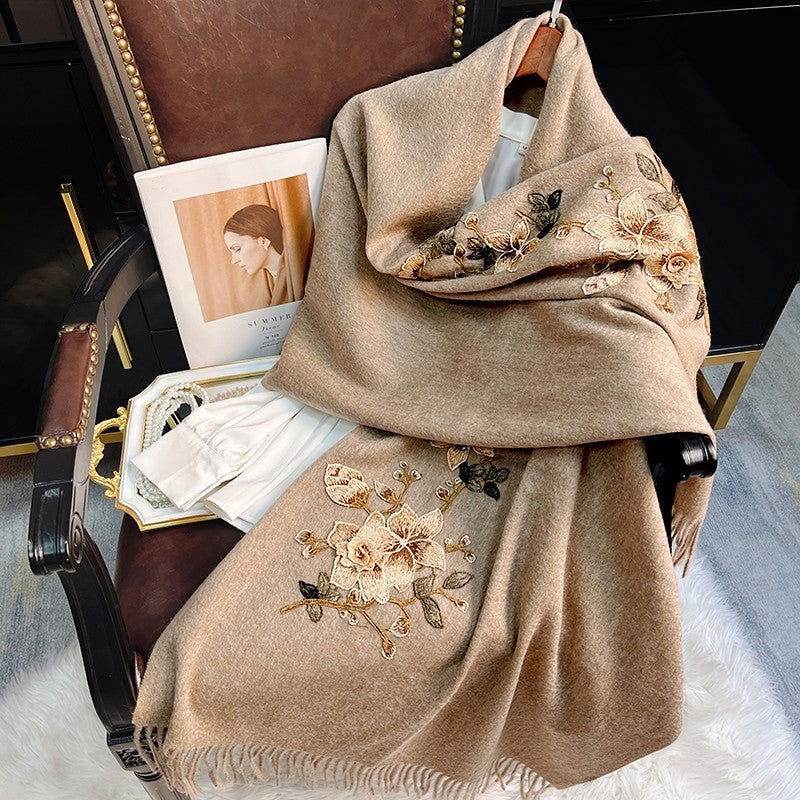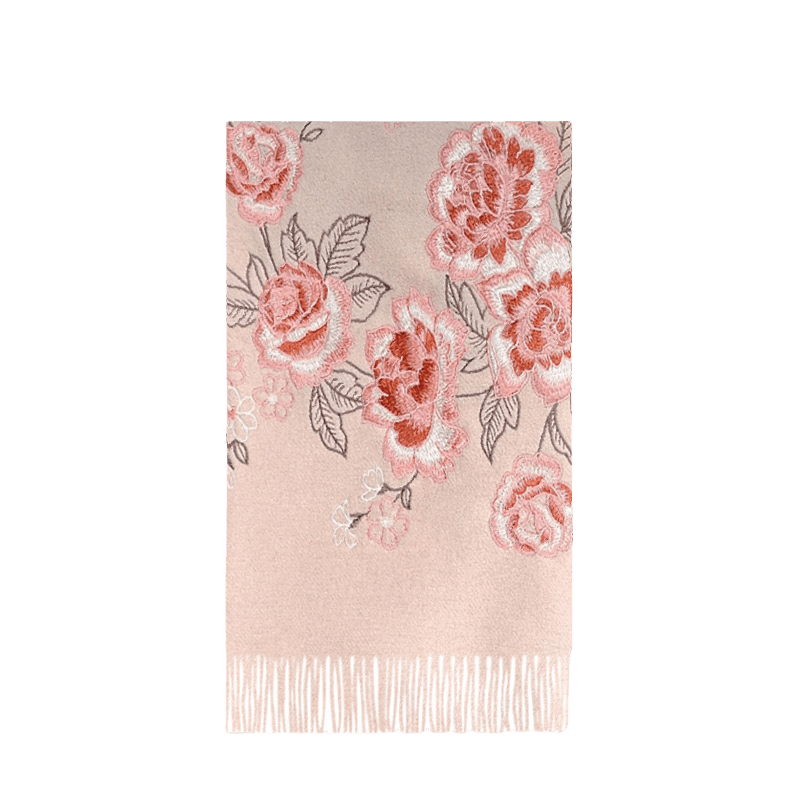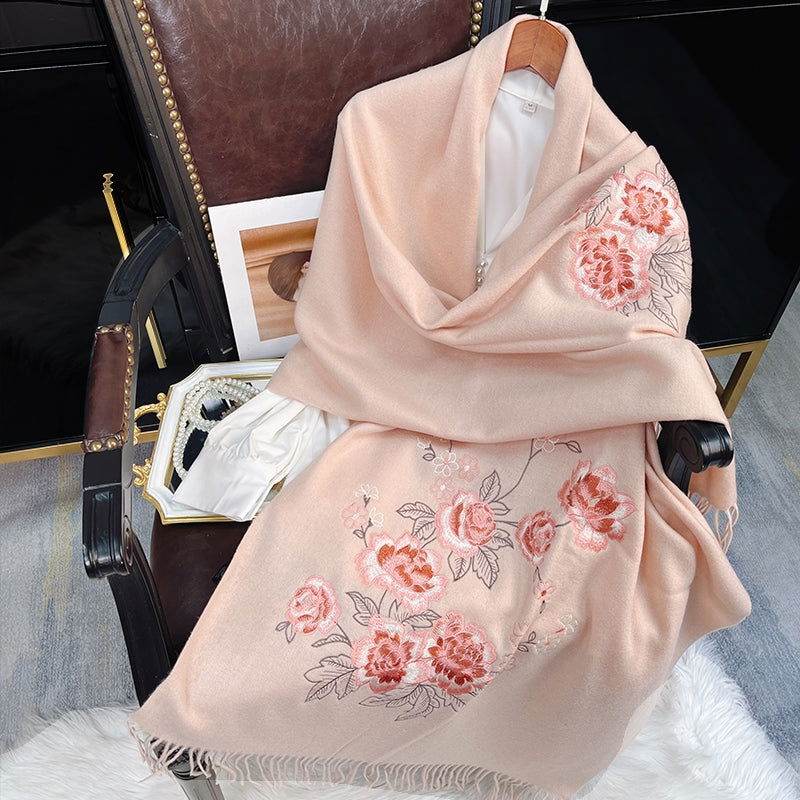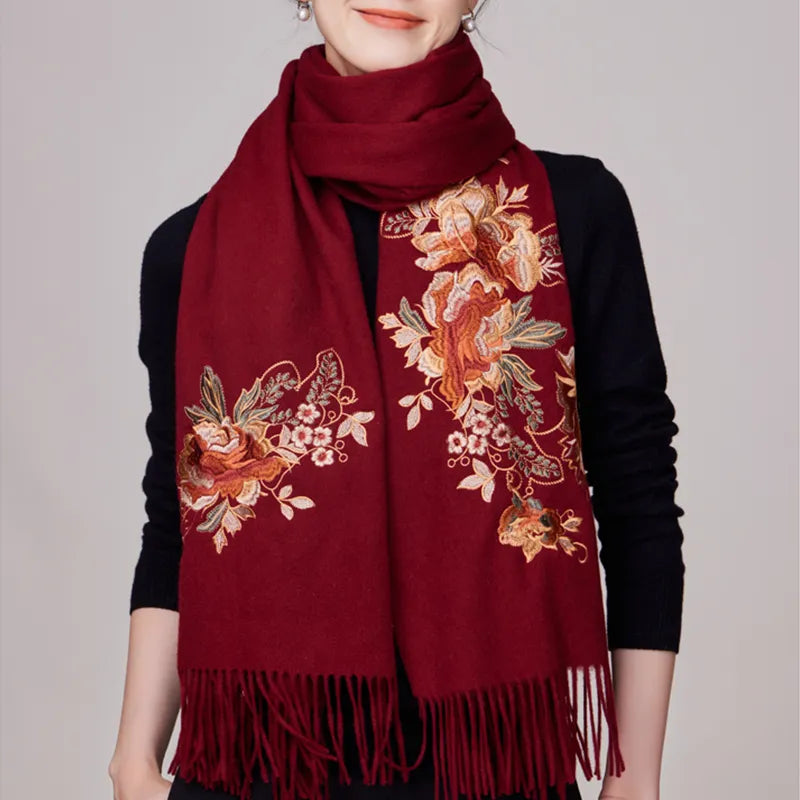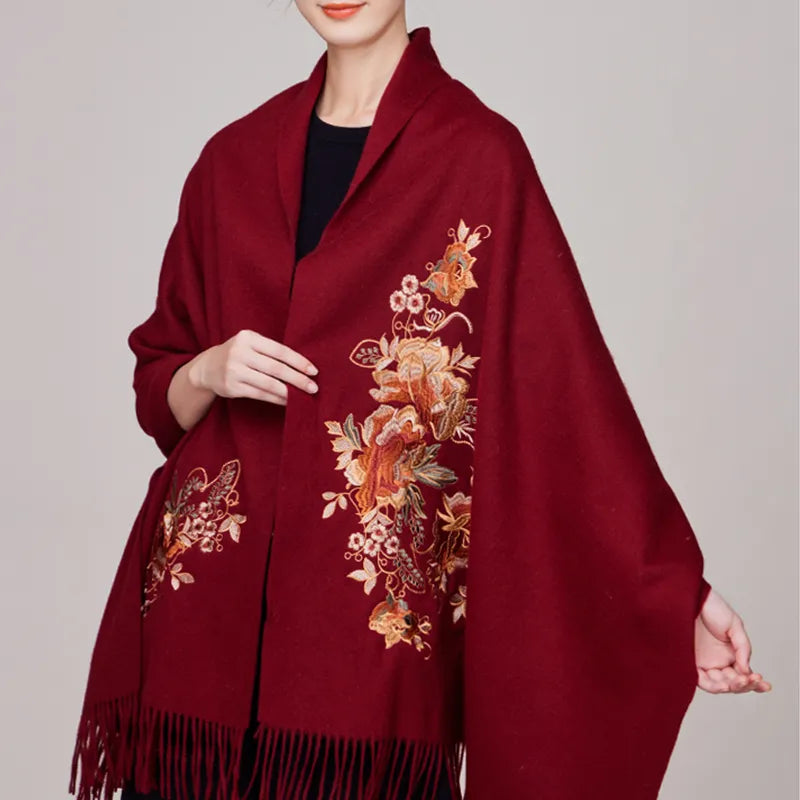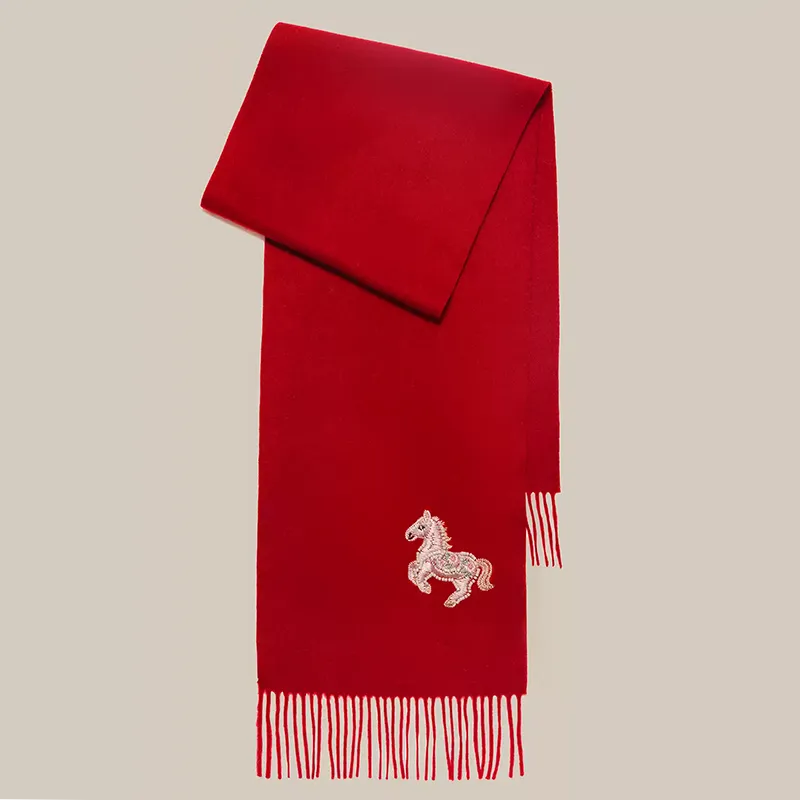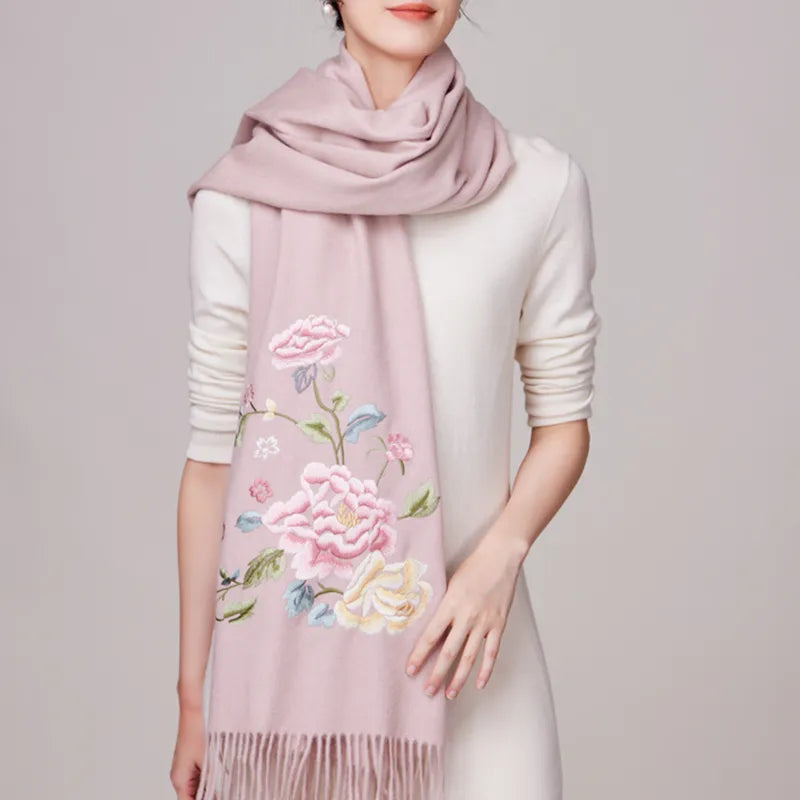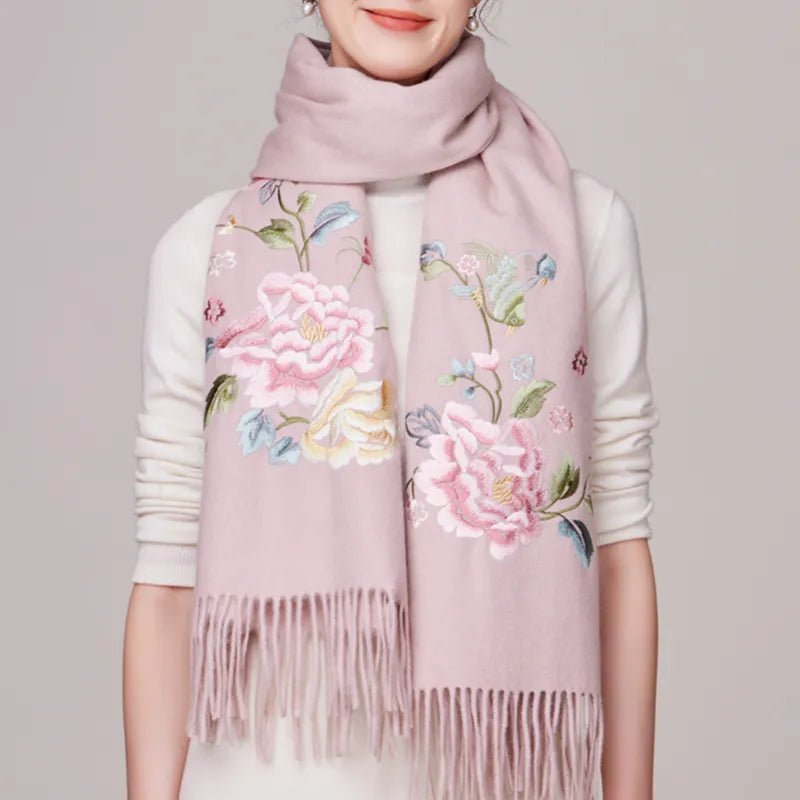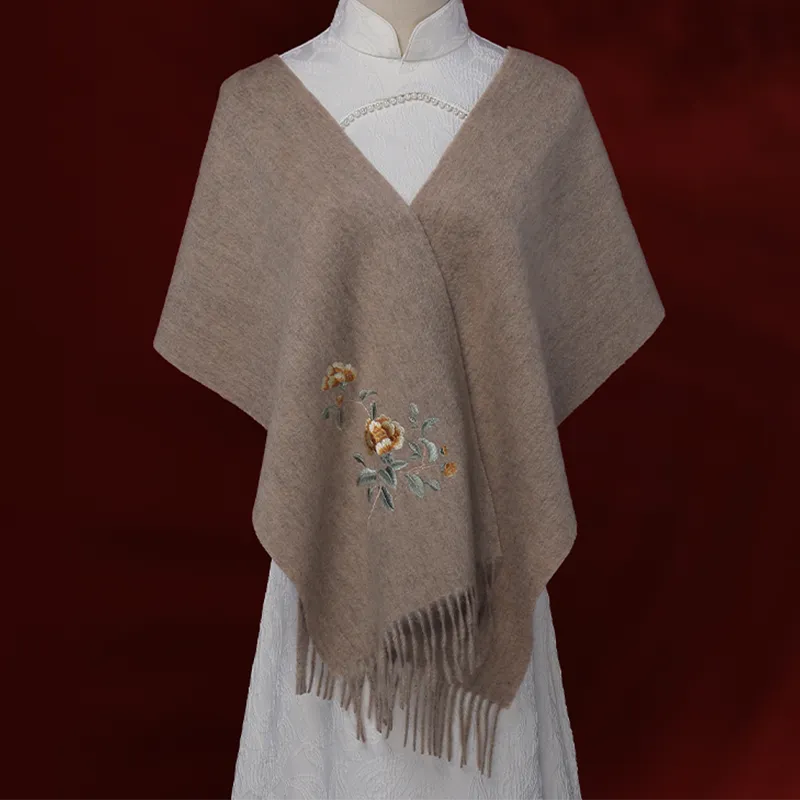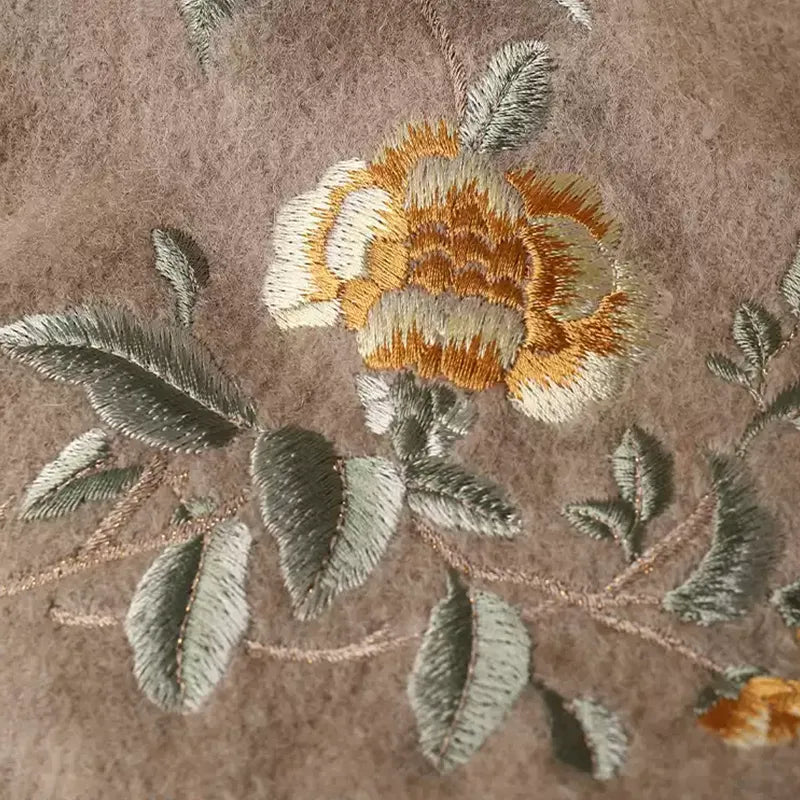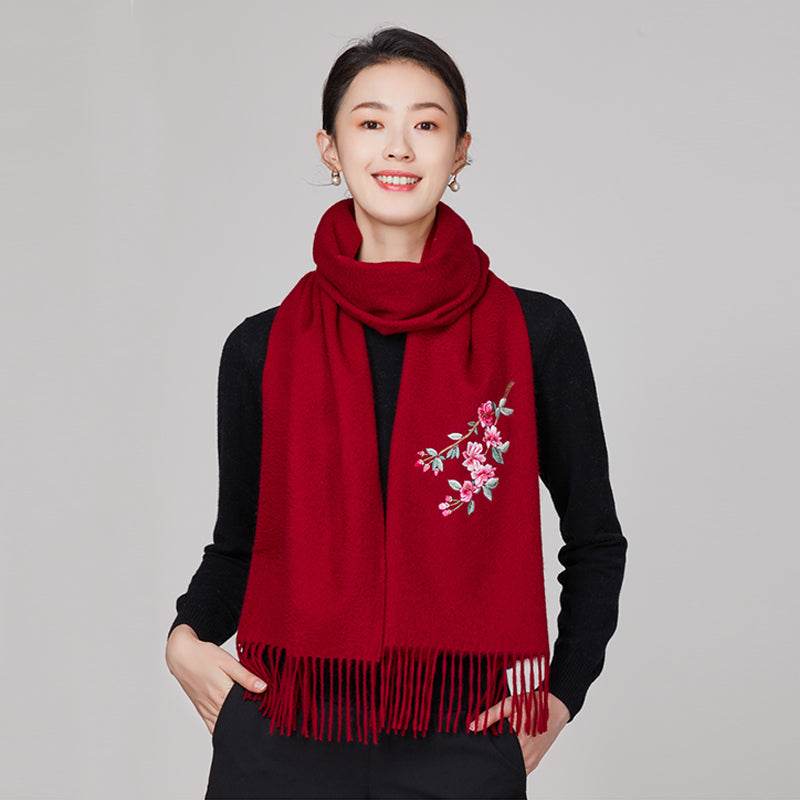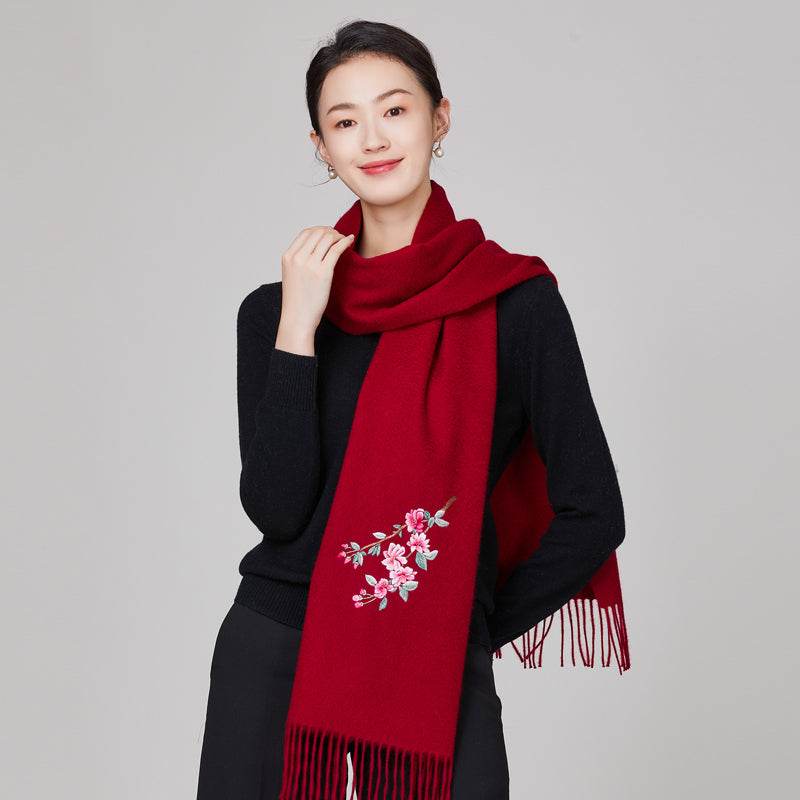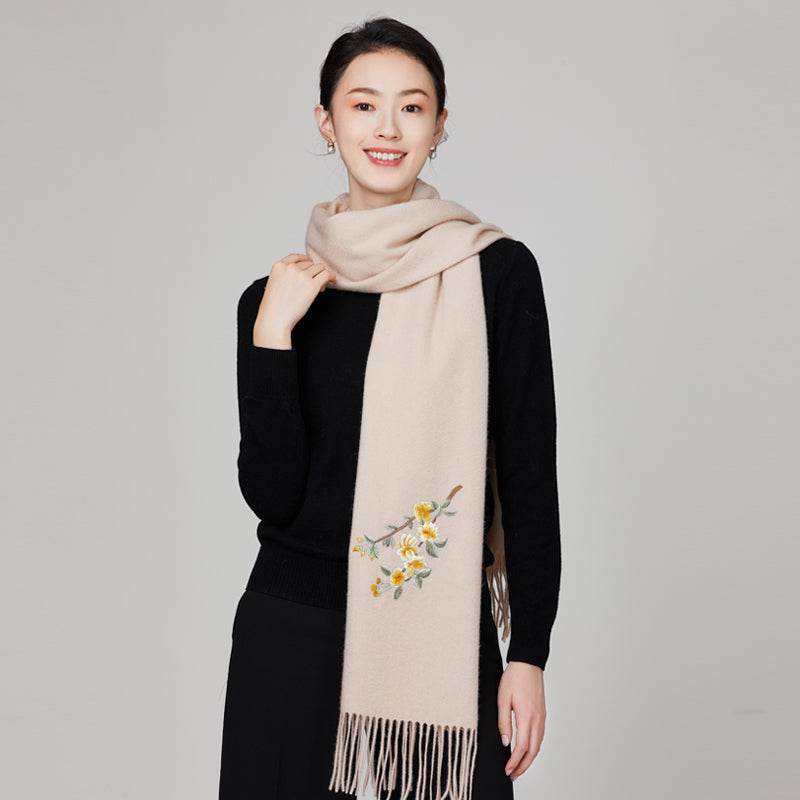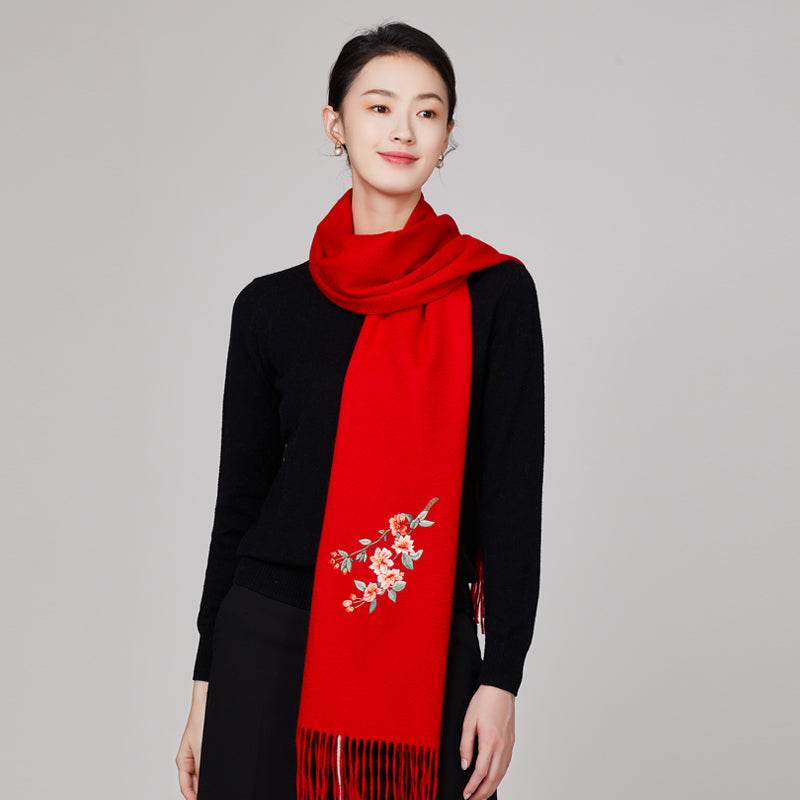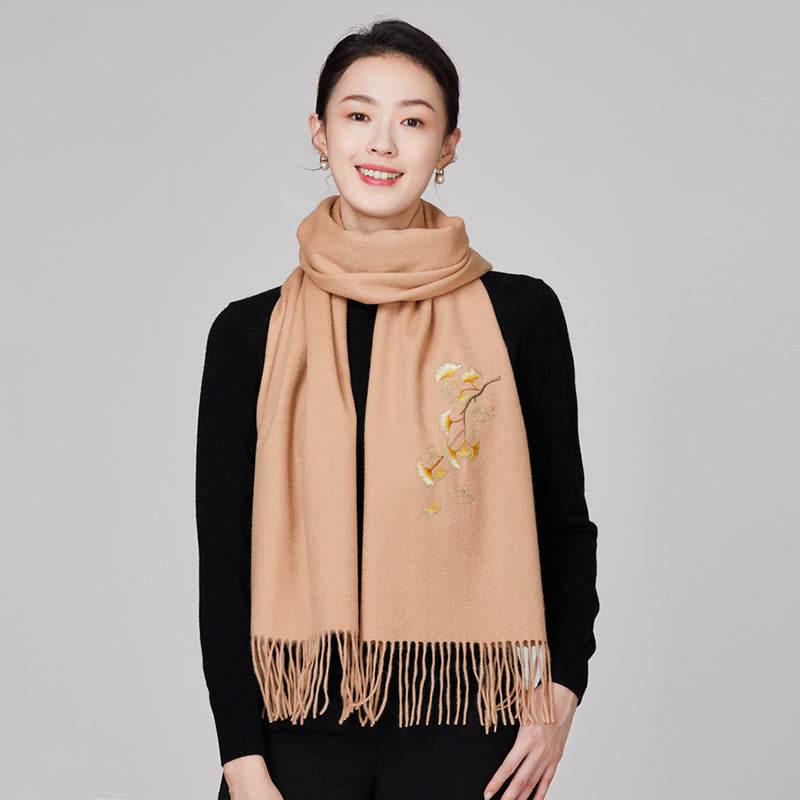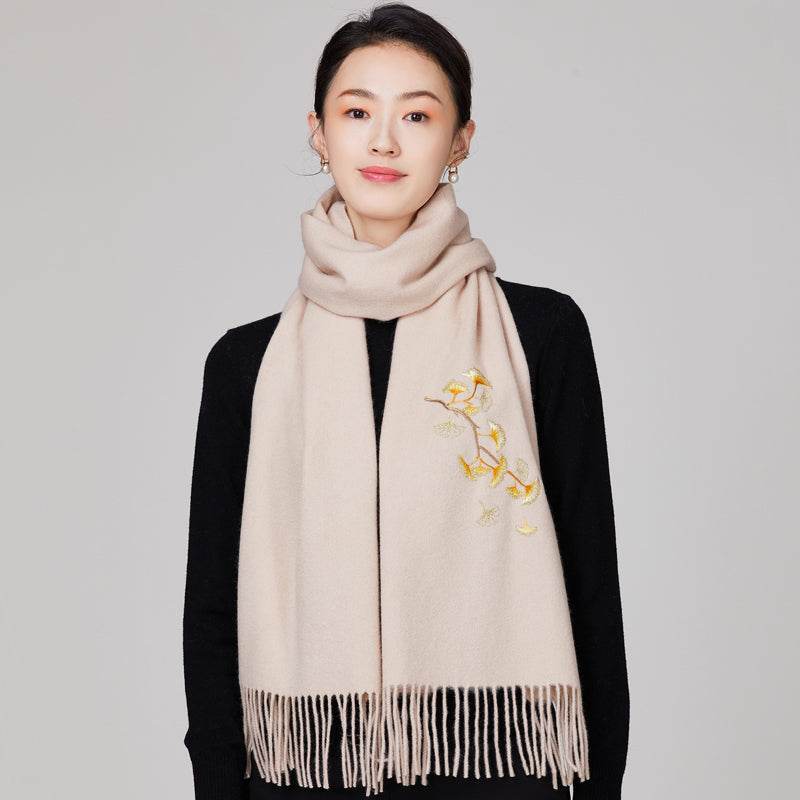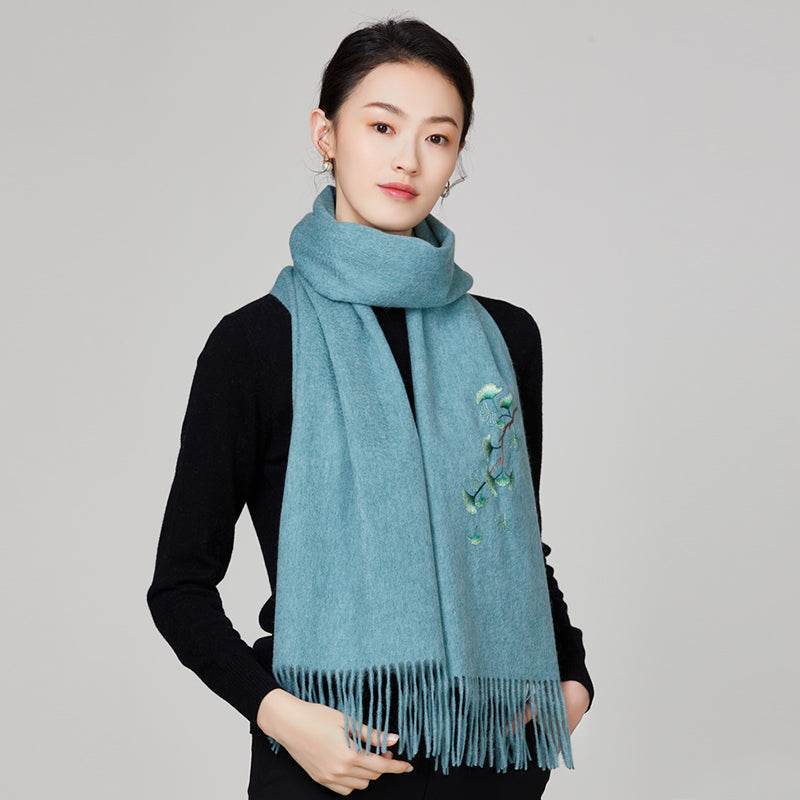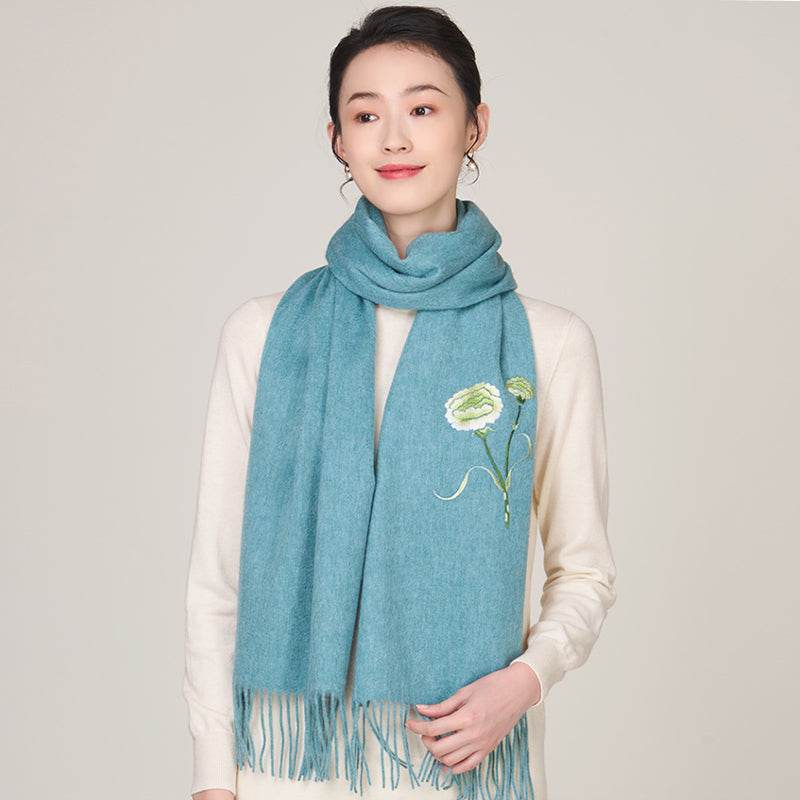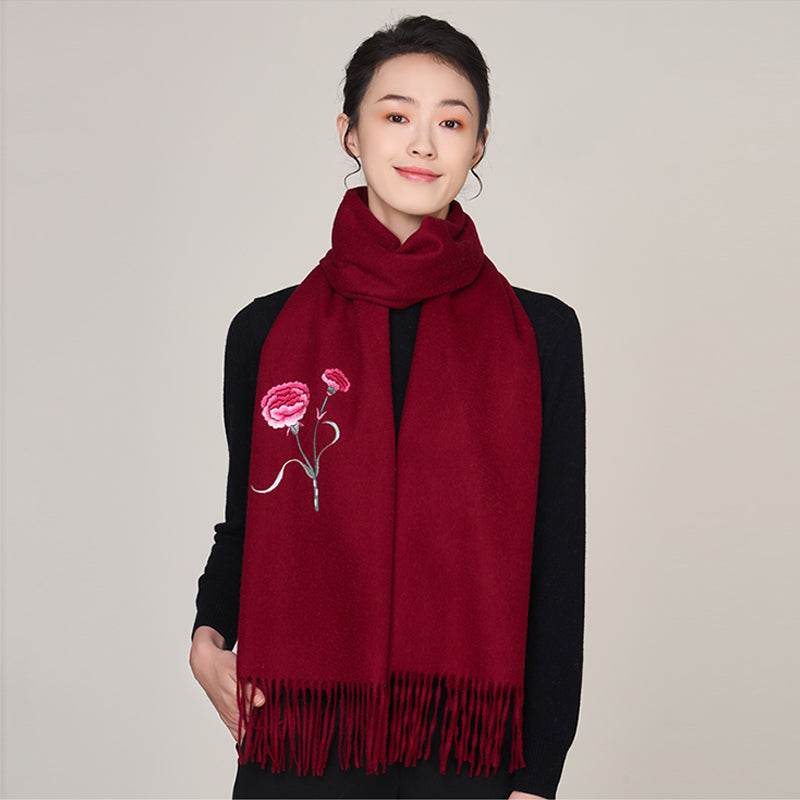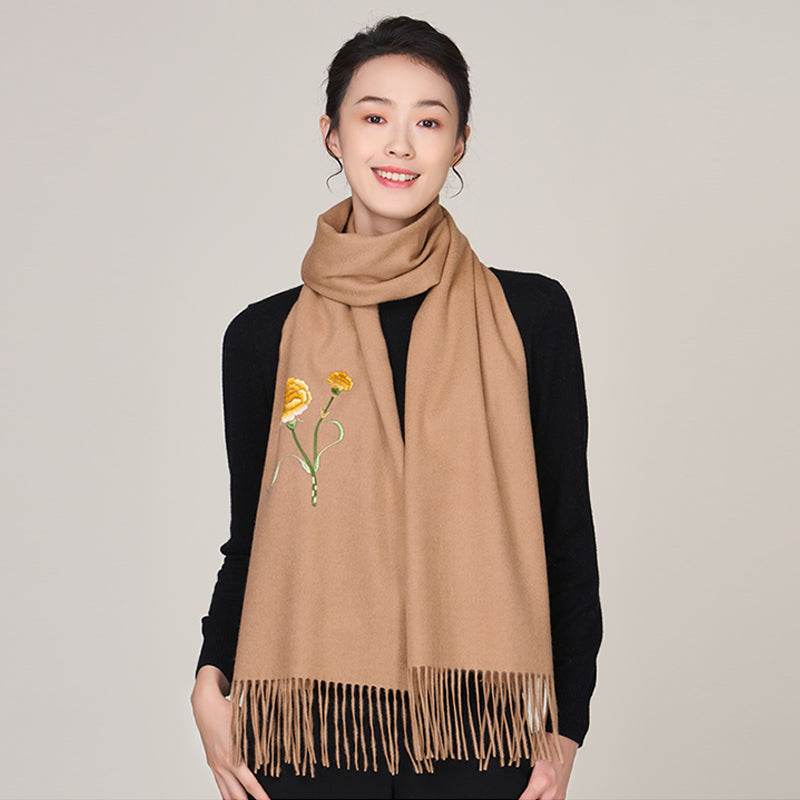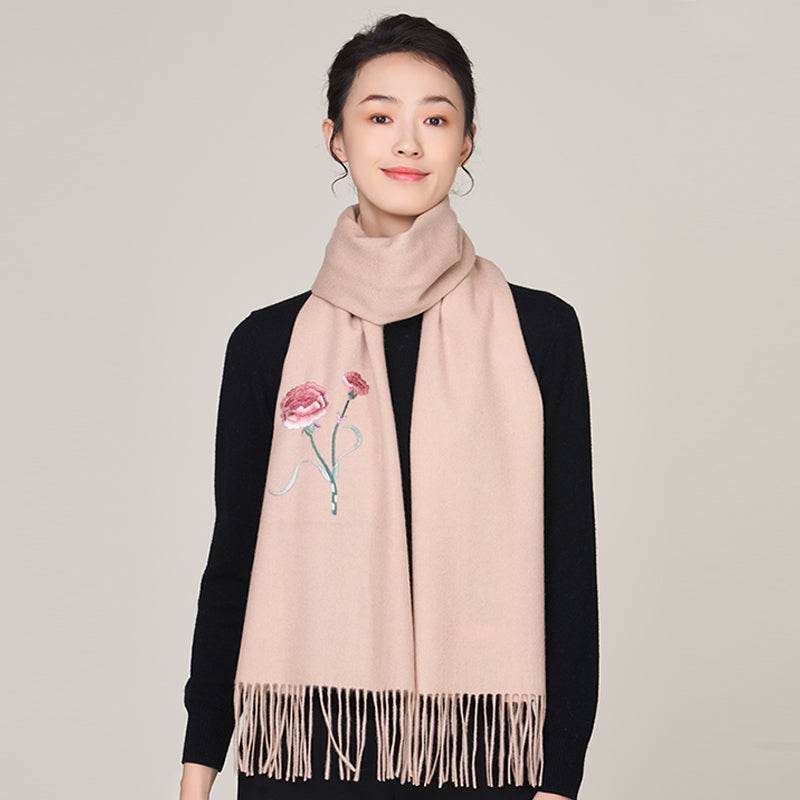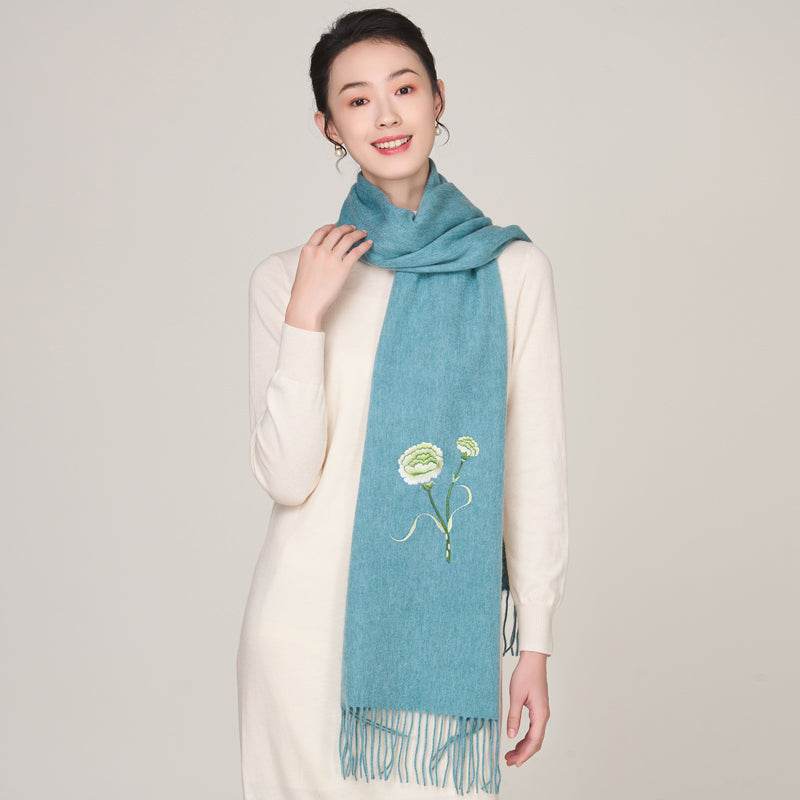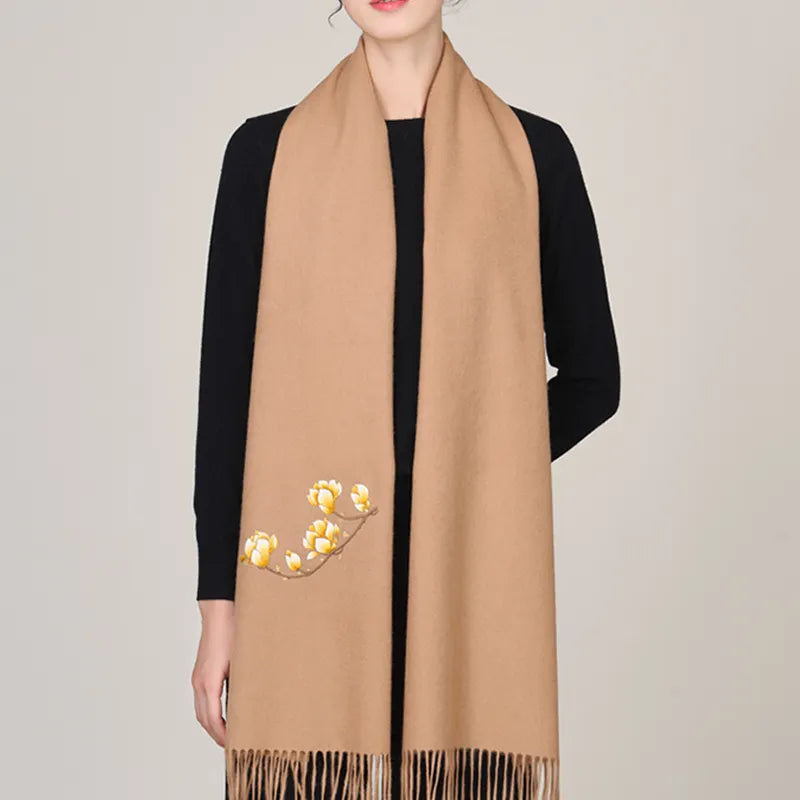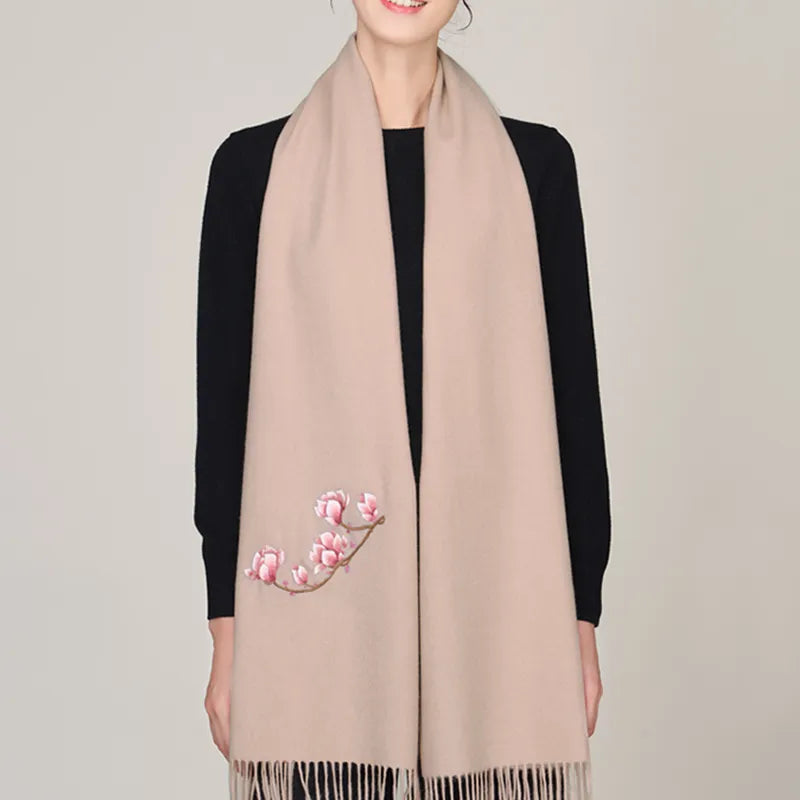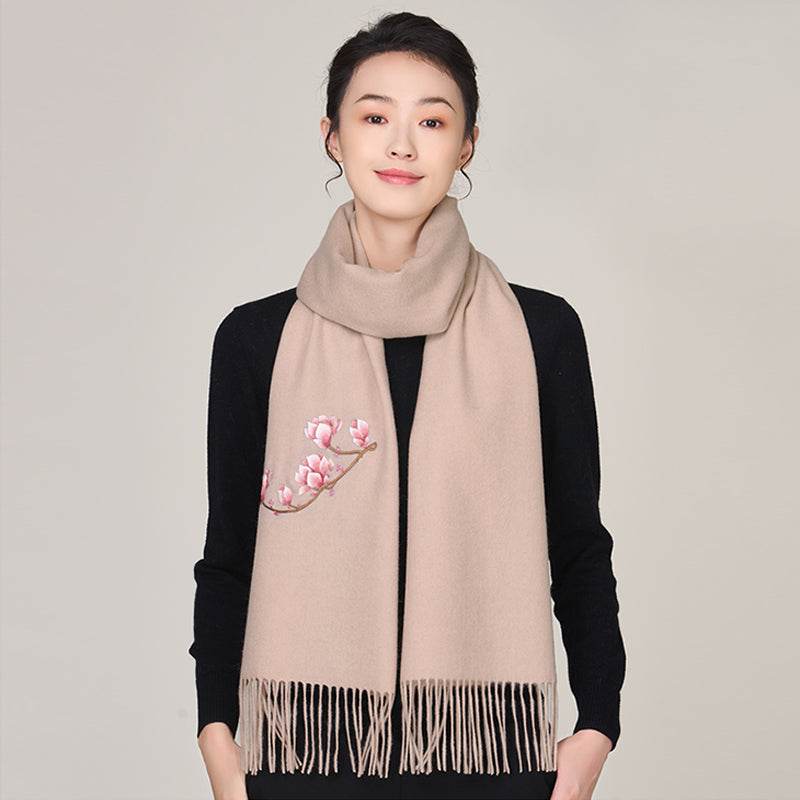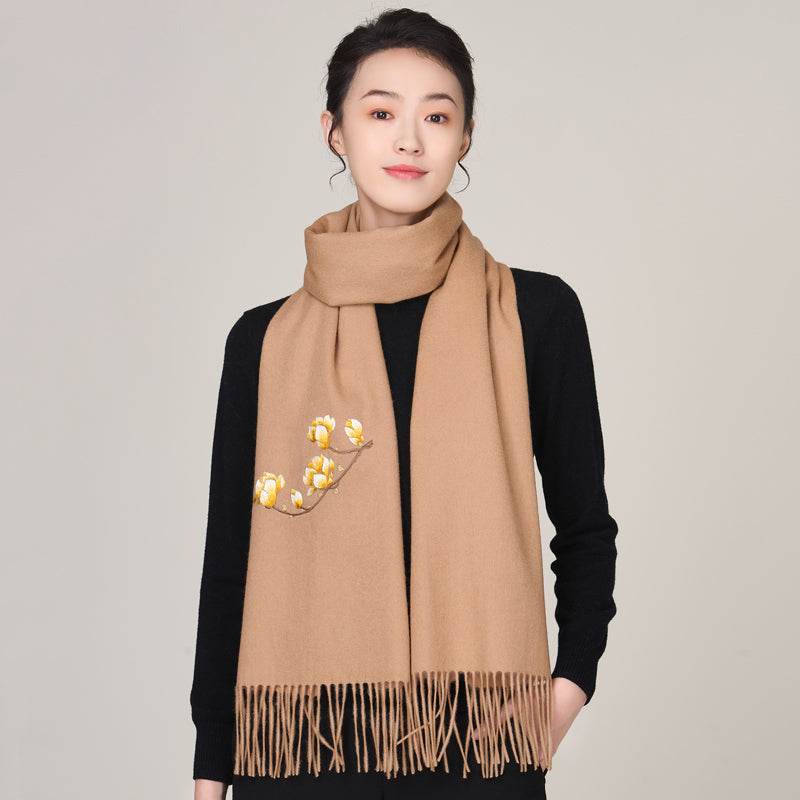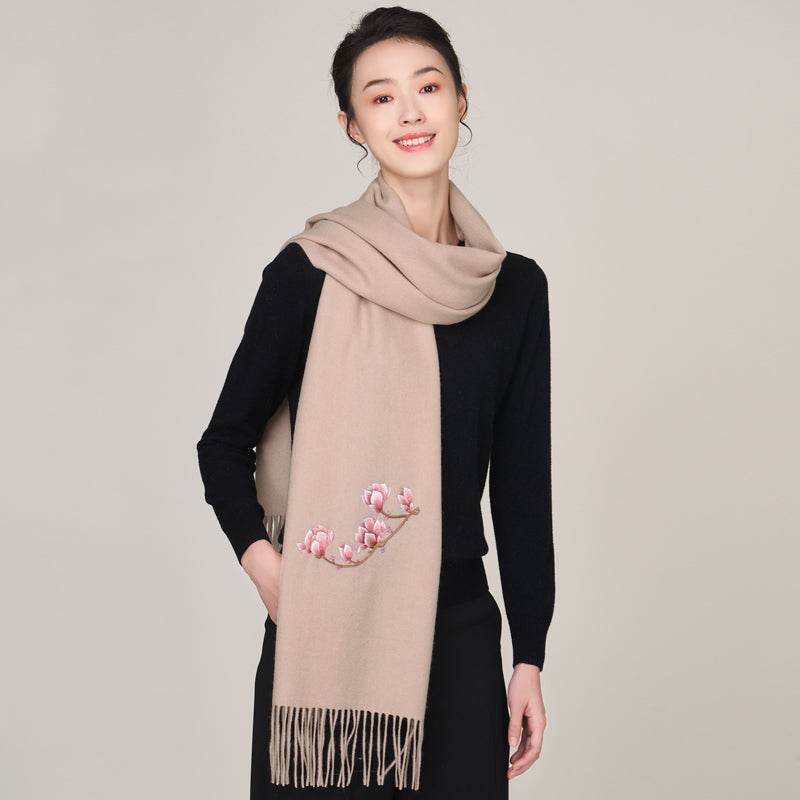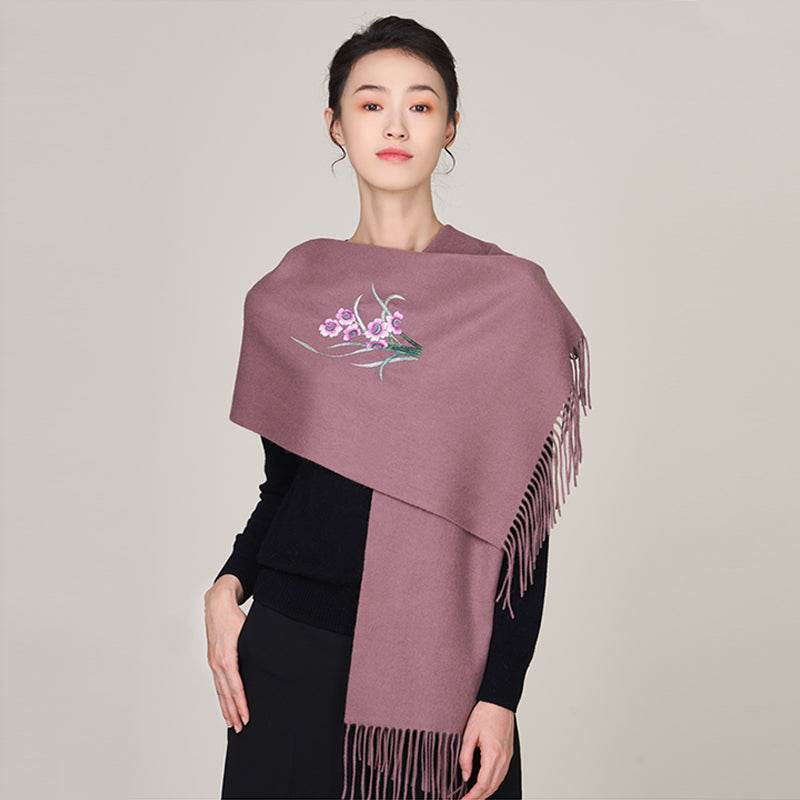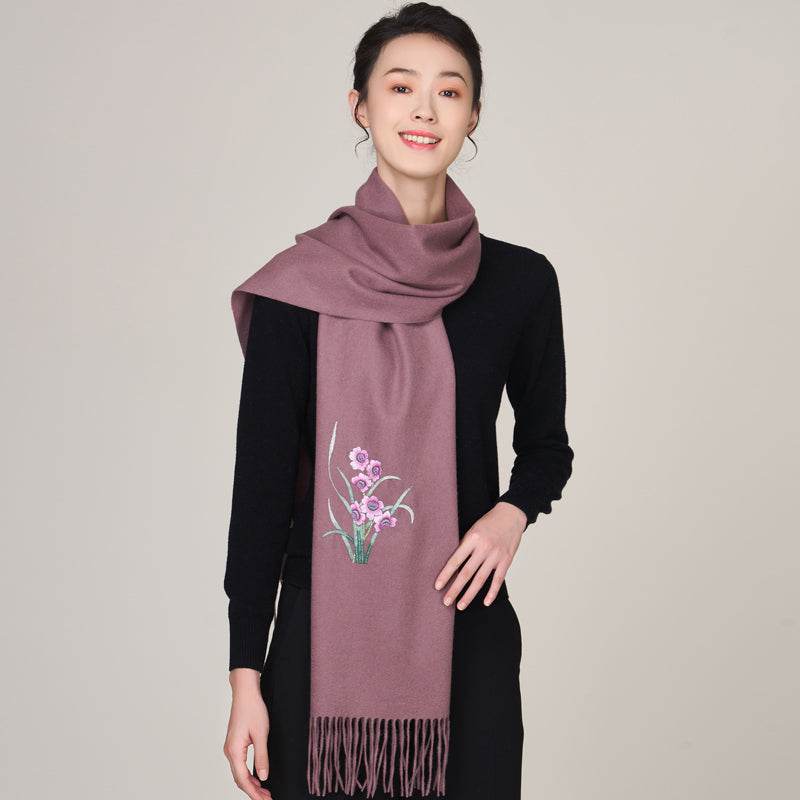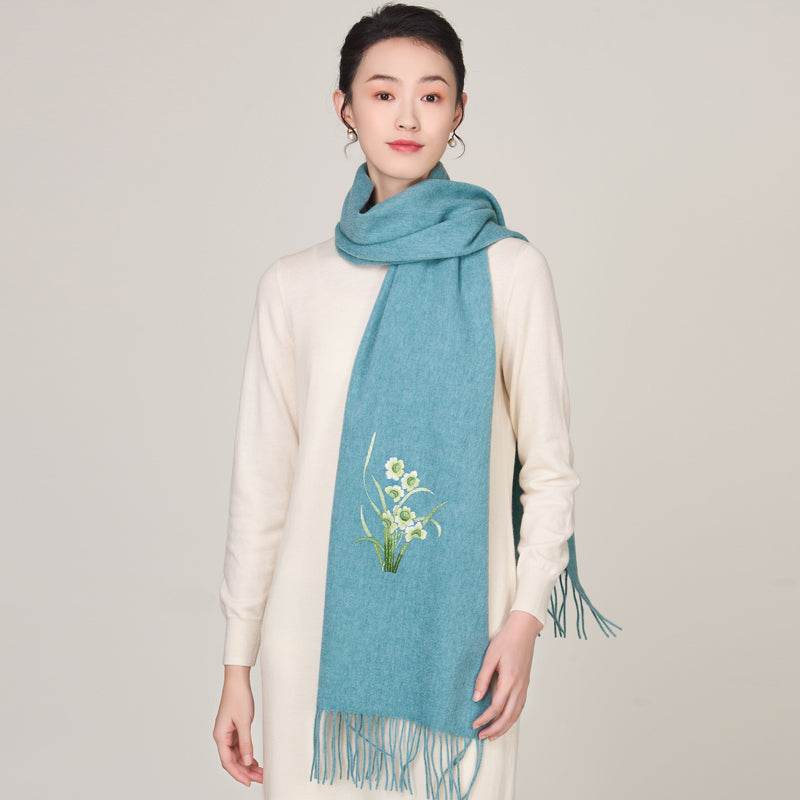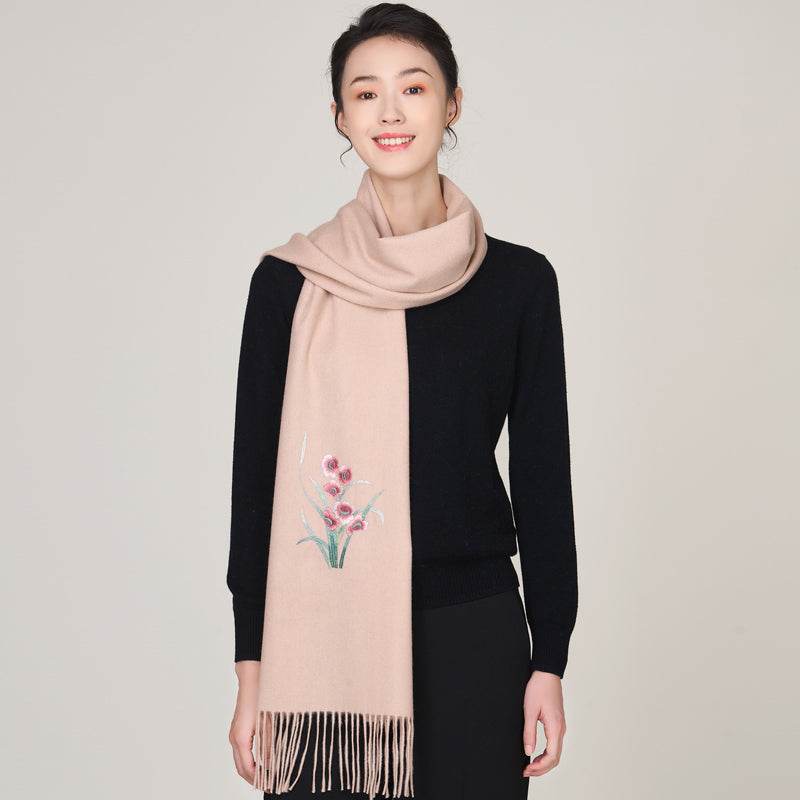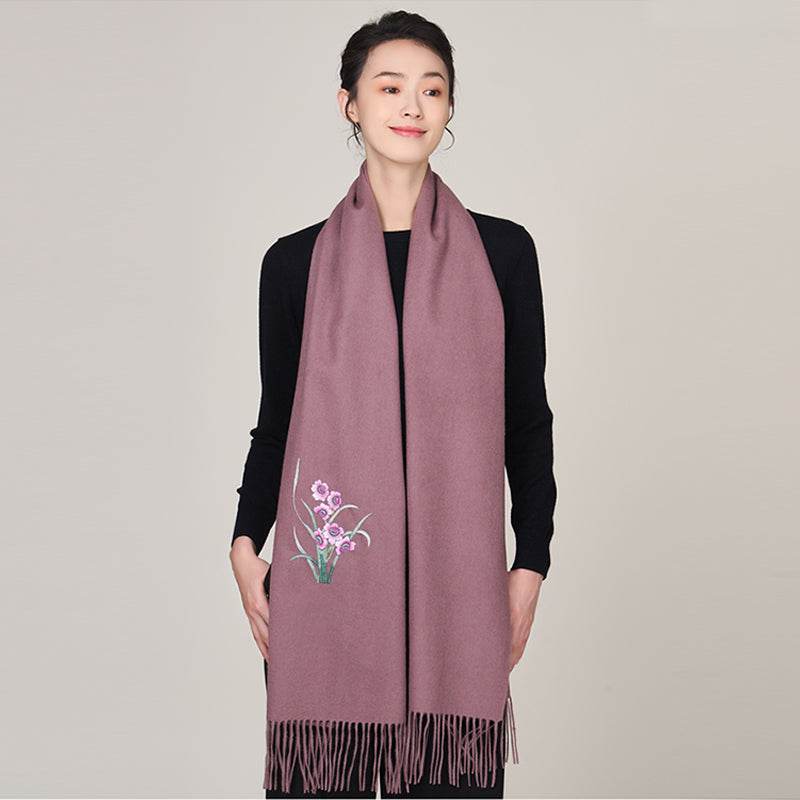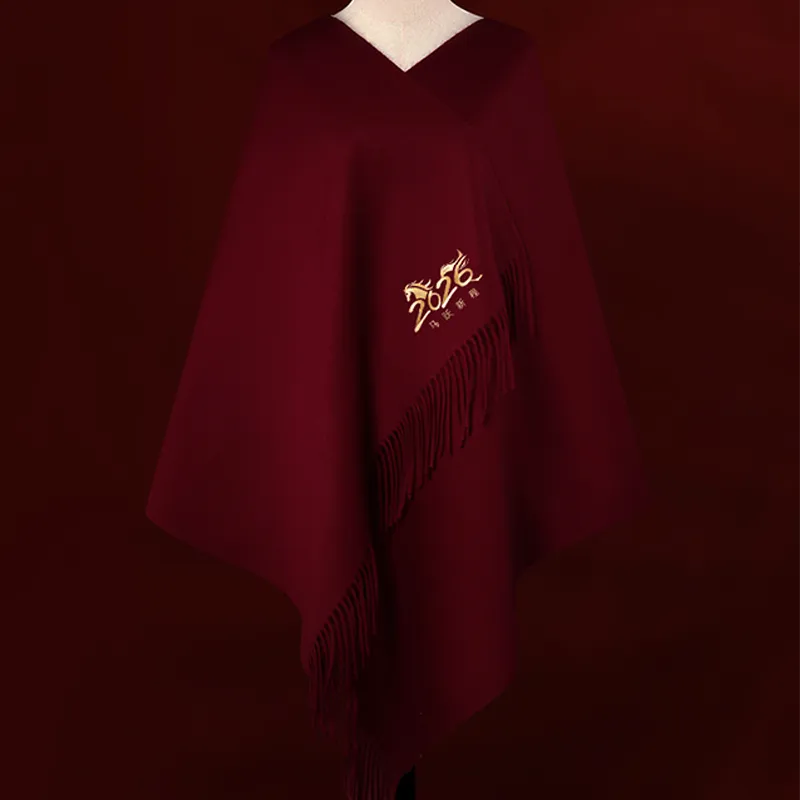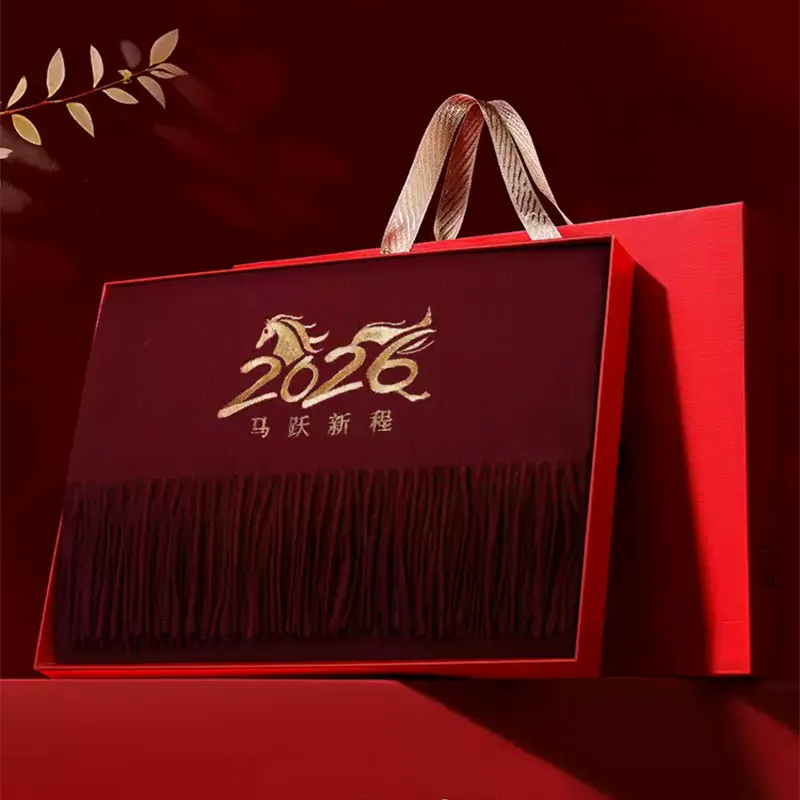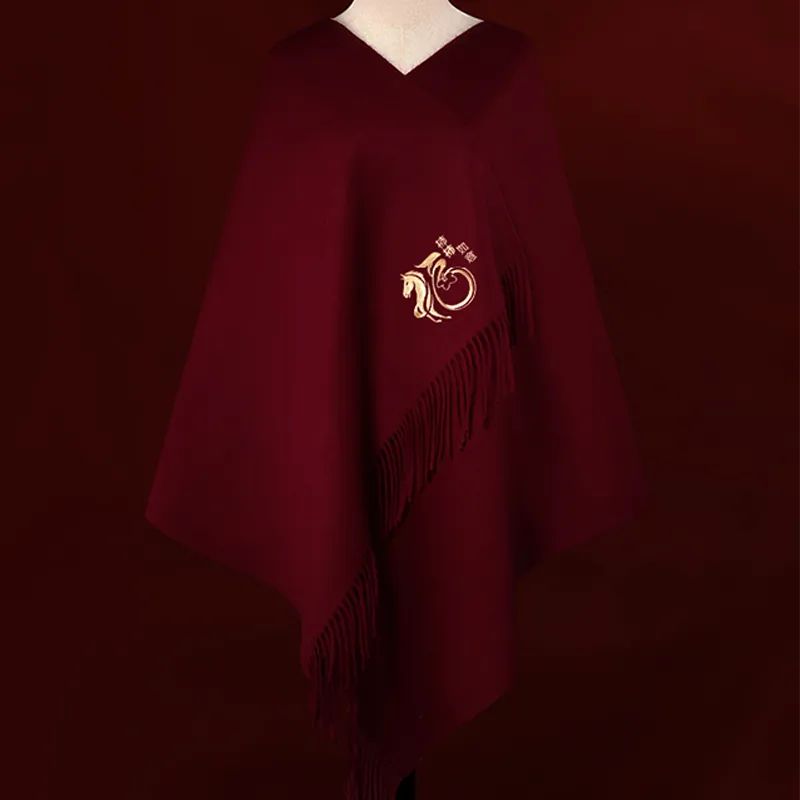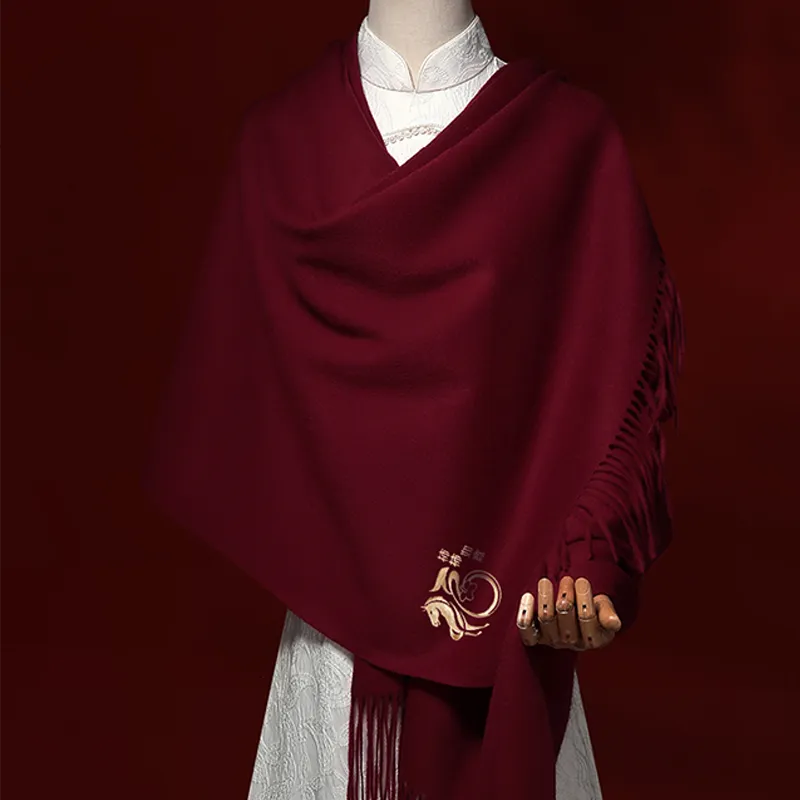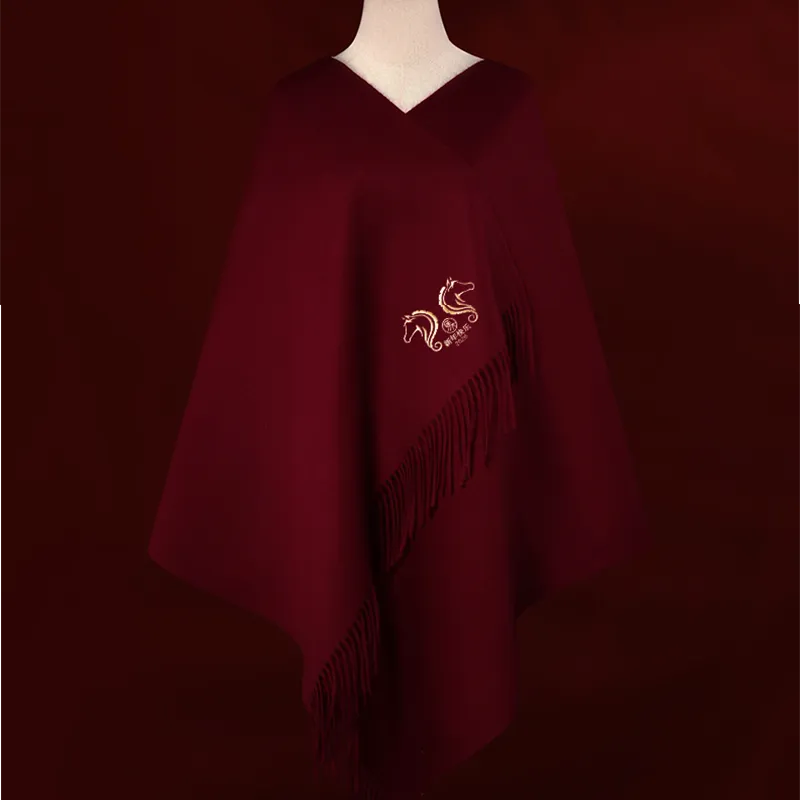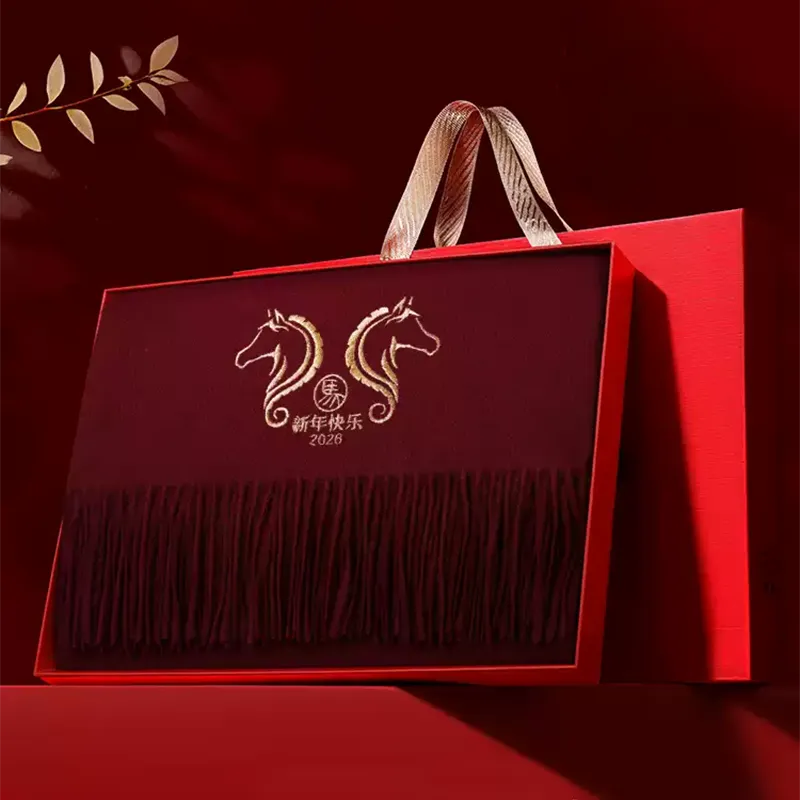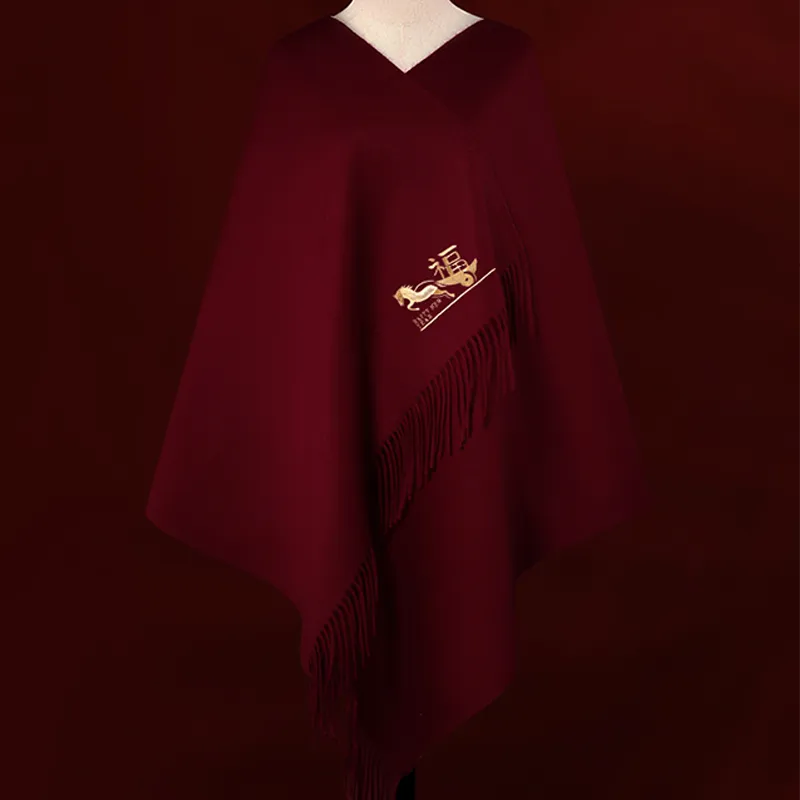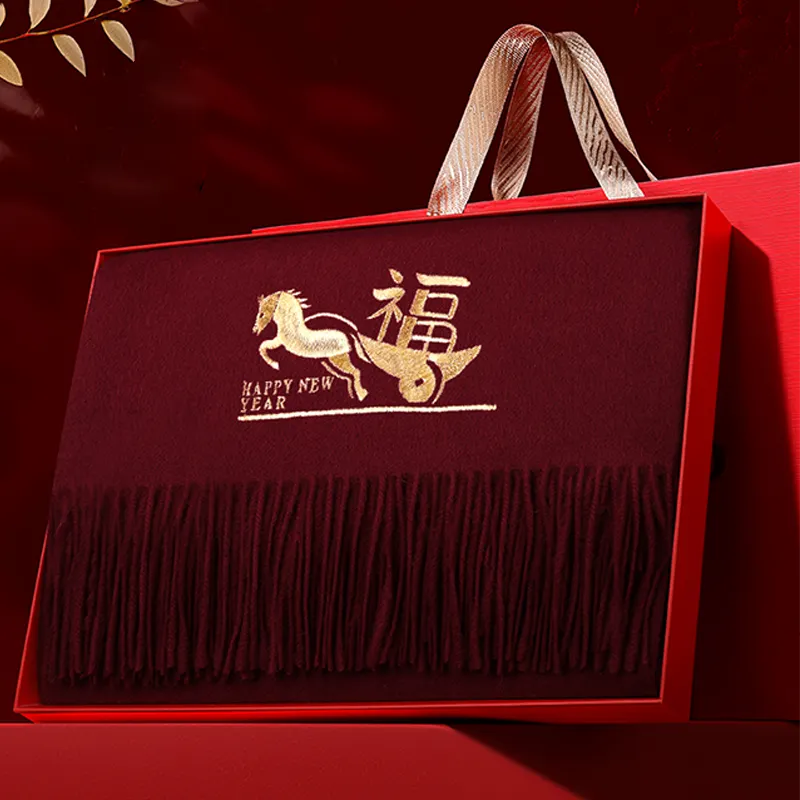As autumn fades and the air turns crisp, China welcomes Lidong (立冬) — the Start of Winter, the 19th solar term in the traditional Chinese calendar. Usually falling between November 7 and 8, Lidong marks the official beginning of winter, when sunlight shortens, temperatures drop, and nature begins its quiet retreat into rest and preservation.
It is a moment when the year begins to fold inward — a time for reflection, nourishment, and balance.
Lidong has been celebrated for centuries as one of China’s Four Seasonal Festivals (“四时八节”). In ancient times, communities held rituals and feasts to honor the change of seasons and give thanks for the harvest.
In the Qing-era text The Collection of the Seventy-Two Seasonal Observations (《月令七十二候集解》), Lidong is described as:
“建始也,冬,终也,万物收藏也。”
“The beginning of winter marks an end — when all things are gathered and preserved.”
It symbolizes the cyclical rhythm of life: after abundance comes rest; after action, stillness.

The Seasonal Transition: Light, Shadow, and Cold
After Lidong, daylight continues to fade earlier with each passing day, and the sun’s arc at noon dips noticeably lower. The brilliance of autumn’s golden hues begins to soften, giving way to shades of silver, mist, and frost. Mornings are wrapped in a quiet chill, and by evening, the air carries a crisp clarity that signals winter’s steady approach.

Moisture begins to gather in the air as rain, frost, and early snow replace the dryness of autumn. Fields glisten with thin ice, leaves darken and curl, and the scent of smoke from home hearths drifts through still villages. It is a season of transition and reflection — when the earth begins to slow, animals seek shelter, and people turn inward, lighting lamps and preparing warm meals to comfort the spirit.This gradual shift embodies the heart of the Lidong season — not the sudden arrival of cold, but the quiet invitation to rest, restore, and find balance amid the hush of the coming winter.

The Three Phases of Lidong (立冬三侯)
Ancient Chinese scholars divided Lidong into three “hou”, or mini-seasons, each lasting about five days, capturing subtle shifts in nature:
-
First Hou – Water Begins to Freeze (水始冰)Streams and ponds start to form thin layers of ice. Nature becomes still and pure, reflecting the season’s serene beauty.

-
Second Hou – The Earth Starts to Harden (地始冻)Frost deepens, and northern soil begins to freeze. The earth locks in its energy, preparing for renewal.

-
Third Hou – Pheasants Turn into Clams (雉入大水为蜃)A poetic observation — as large birds disappear and clams appear near the water, ancient people imagined one transformed into the other. This reflects a deep sense of respect for nature’s mysteries and cycles.

Ancient Chinese scholars divided Lidong into three “hou”, or mini-seasons, each lasting about five days, capturing subtle shifts in nature:
Warming the Body and Soul: Traditional Foods of Lidong
In Chinese tradition, Lidong is not just about the change of season — it’s about nourishment and balance. As temperatures drop, people turn to hearty, warming foods that replenish energy and protect against the cold.
-
Dumplings (Jiaozi) – In northern China, it’s said, “Eat dumplings on Lidong, and your ears won’t freeze.” The dumpling’s shape resembles an ear, and its name “jiaozi” (交子) also means “the meeting of seasons.”

-
Ginger Duck Soup (姜母鸭) – In southern regions, families enjoy rich, warming dishes like ginger duck or sesame oil chicken to restore energy.

-
Red Bean Sticky Rice (赤豆糯米饭) – In Jiangnan, families gather to share this comforting dish, symbolizing reunion and warmth.

-
Eating Raw Scallions – In Nanjing, people eat scallions to dispel dampness and protect against the winter chill.

-
Brewing Yellow Wine (冬酿) – In Shaoxing, Lidong marks the beginning of the brewing season, as cool temperatures favor slow fermentation, creating deep, mellow flavors.

-
Stuffed Chicken in Pig Stomach (猪肚鸡) – A traditional Guangdong dish rich in flavor and nutrition, perfect for cold days.

Each of these dishes reflects a shared belief — that food is medicine, and the best way to welcome winter is to nourish the body and spirit.
Welcoming Winter: Ancient Customs and Modern Joys
Beyond food, Lidong carries a spirit of celebration and gratitude.
-
Winter Greetings (贺冬) – A time to give thanks for the harvest, honor ancestors, and pray for good fortune.

-
Winter Storage (冬藏节) – Families complete their seasonal harvest rituals, storing grain and giving thanks to the Earth.

-
Winter Swimming – In places like Harbin and Wuhan, brave swimmers take icy dips to celebrate vitality and endurance.

-
Herbal Bathing (扫疥) – In Jiangsu and Zhejiang, people bathe with herbs like chrysanthemum and honeysuckle for health and purification.

-
“Winter Mochi” (交冬糍) – In Fujian, families pound sticky rice into mochi, dust it with sweet peanut powder, and share it as a symbol of unity and warmth.

Each tradition — whether ancient or modern — reflects the same essence: gratitude, protection, and connection with nature’s rhythm.
A Modern Interpretation: Warmth in Everyday Luxury
At Sinocultural, we believe that tradition and modern life can meet beautifully.
This Lidong, we celebrate the season’s spirit with our new winter collection of embroidered cashmere scarves — crafted from 100% fine wool, featuring delicate floral embroidery inspired by classic Chinese motifs.
Handmade Suzhou Embroidery Wool Cashmere Scarf With Magnolia Flower
Available in red, camel, and blush pink, these scarves embody “cultural luxury” — warmth with meaning, elegance with heritage.
Whether worn for daily comfort or gifted to a beloved elder, they carry the message of warmth and respect — the perfect way to embrace winter with grace.
Handmade Suzhou Embroidery Wool Cashmere Scarf Shawl For Women
Conclusion: Finding Balance in the Cold
As winter arrives, Lidong reminds us that every pause has purpose. Nature rests to prepare for renewal — and so should we.
By embracing warmth, balance, and mindfulness, we honor the ancient wisdom that even in stillness, life continues to grow quietly beneath the surface.
Let this Lidong be a season not of dormancy, but of inner renewal — wrapped in comfort, gratitude, and timeless beauty.
